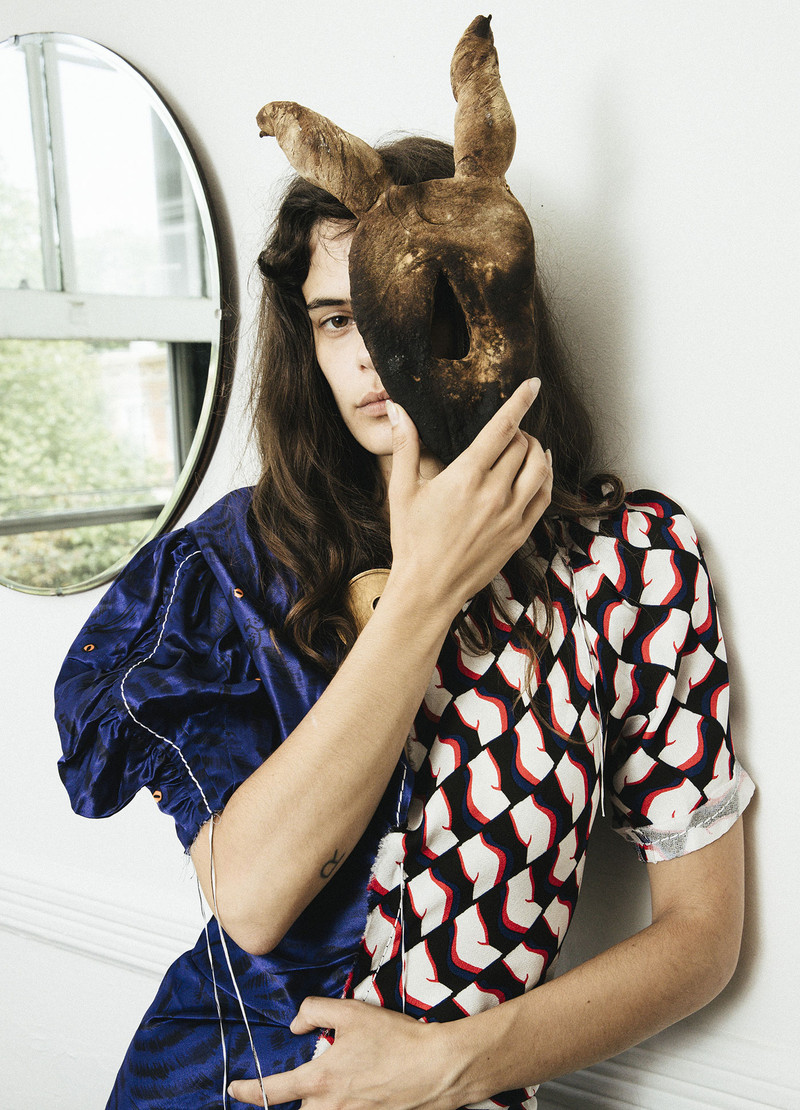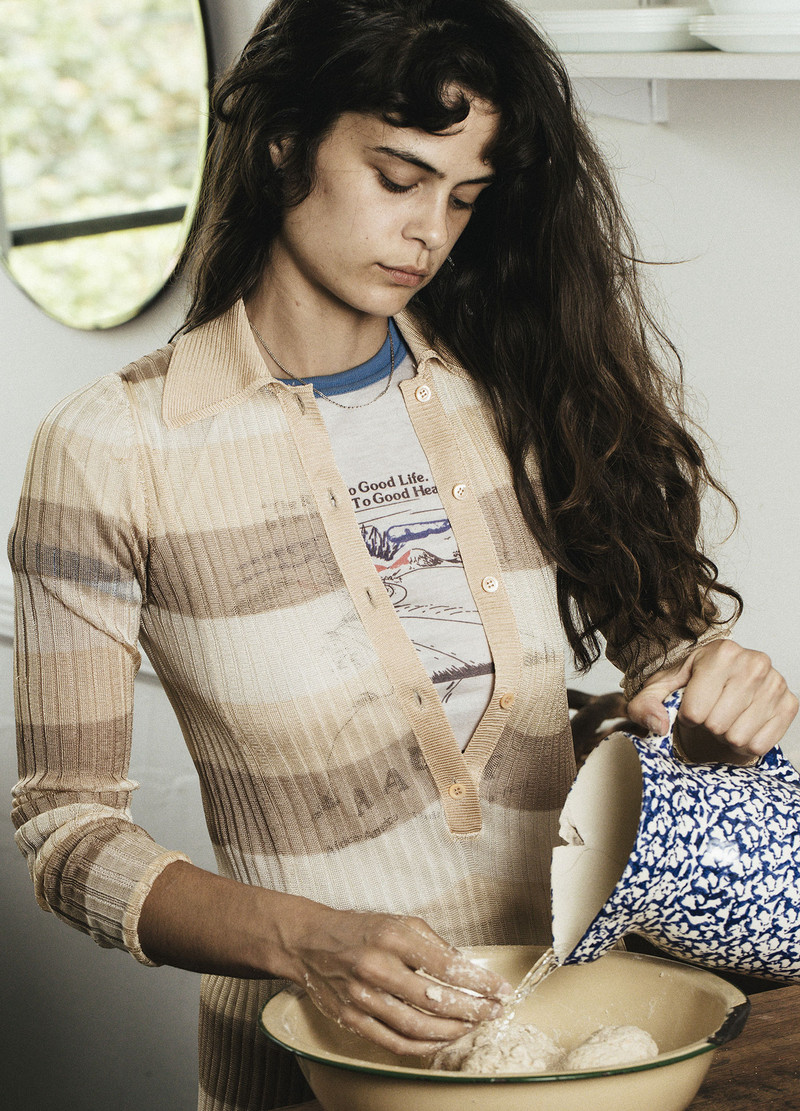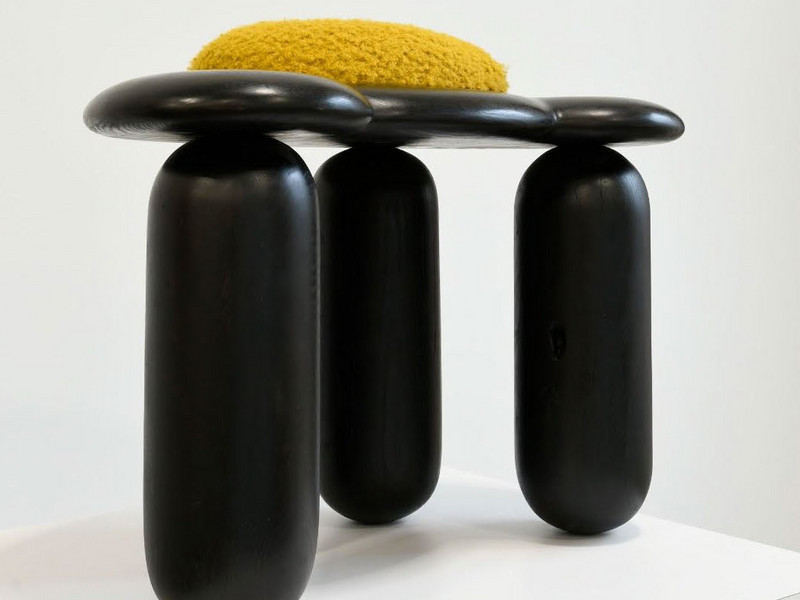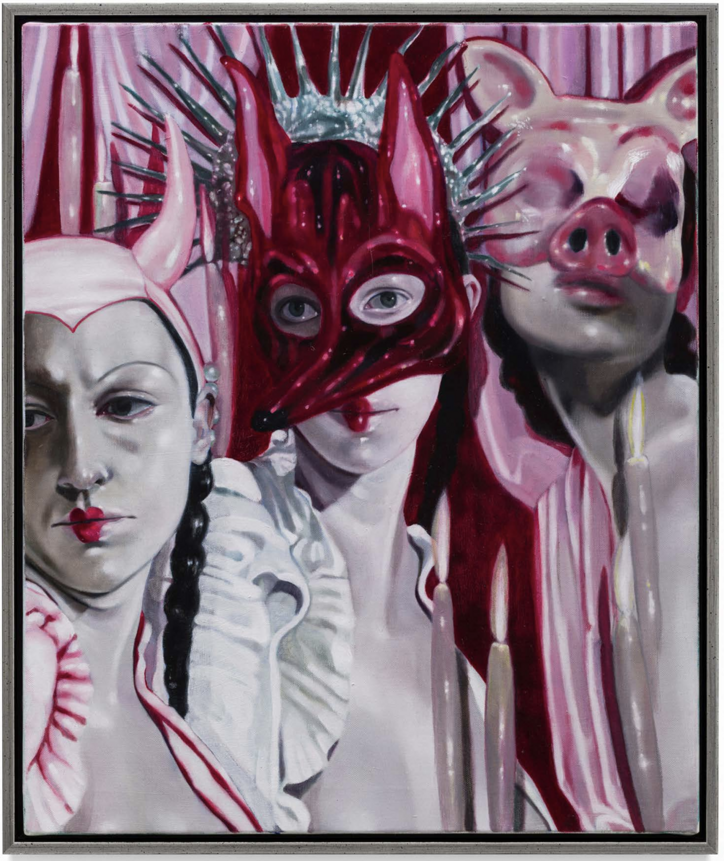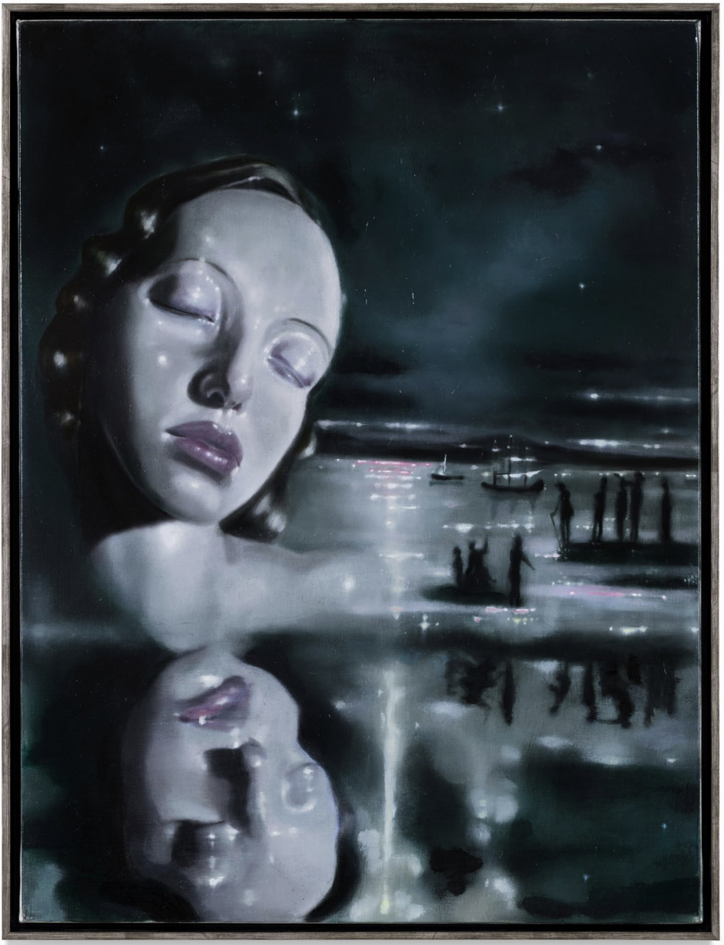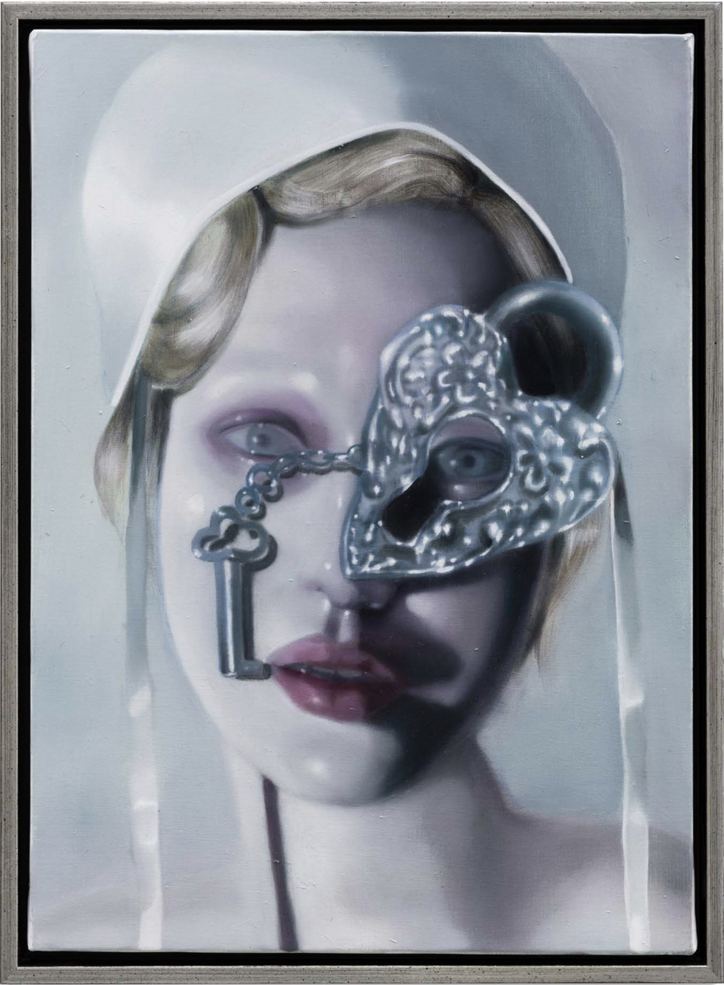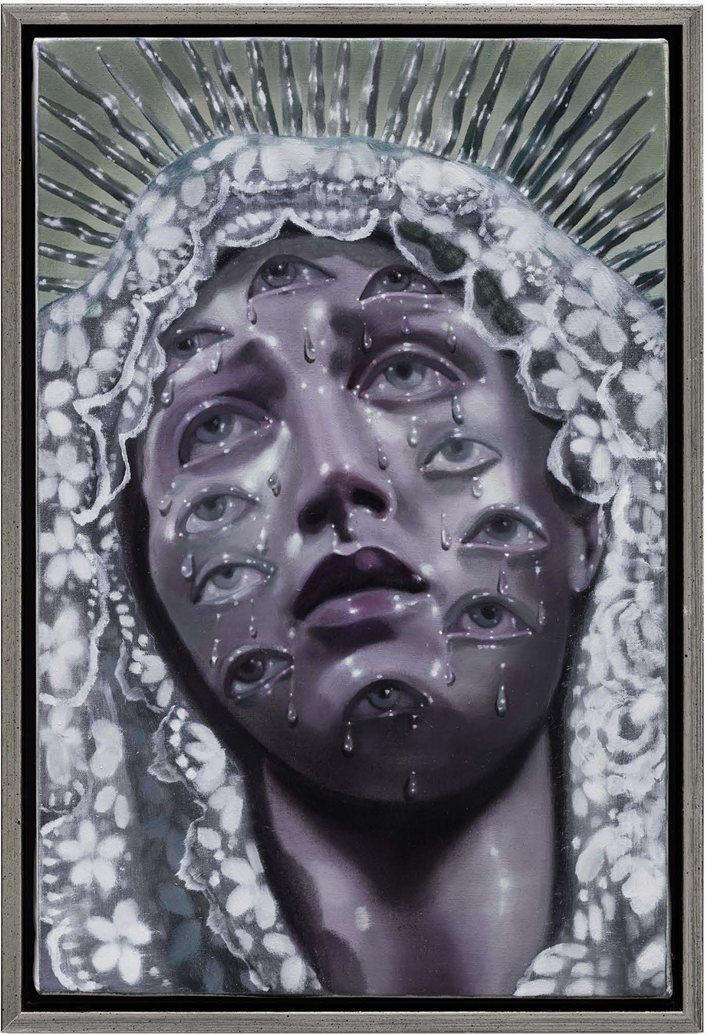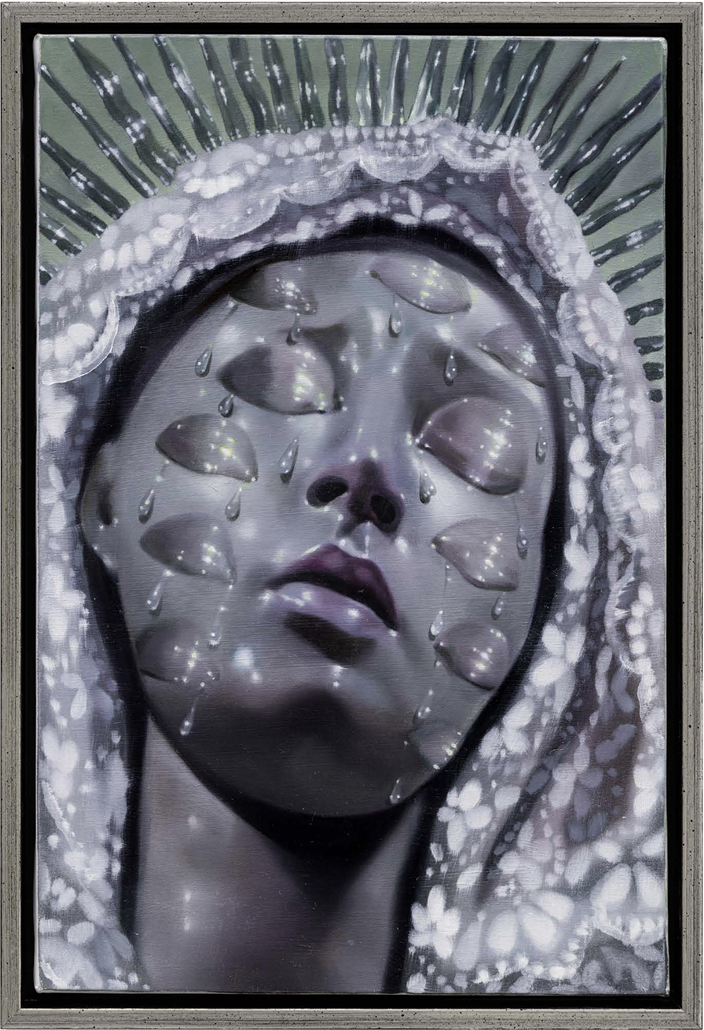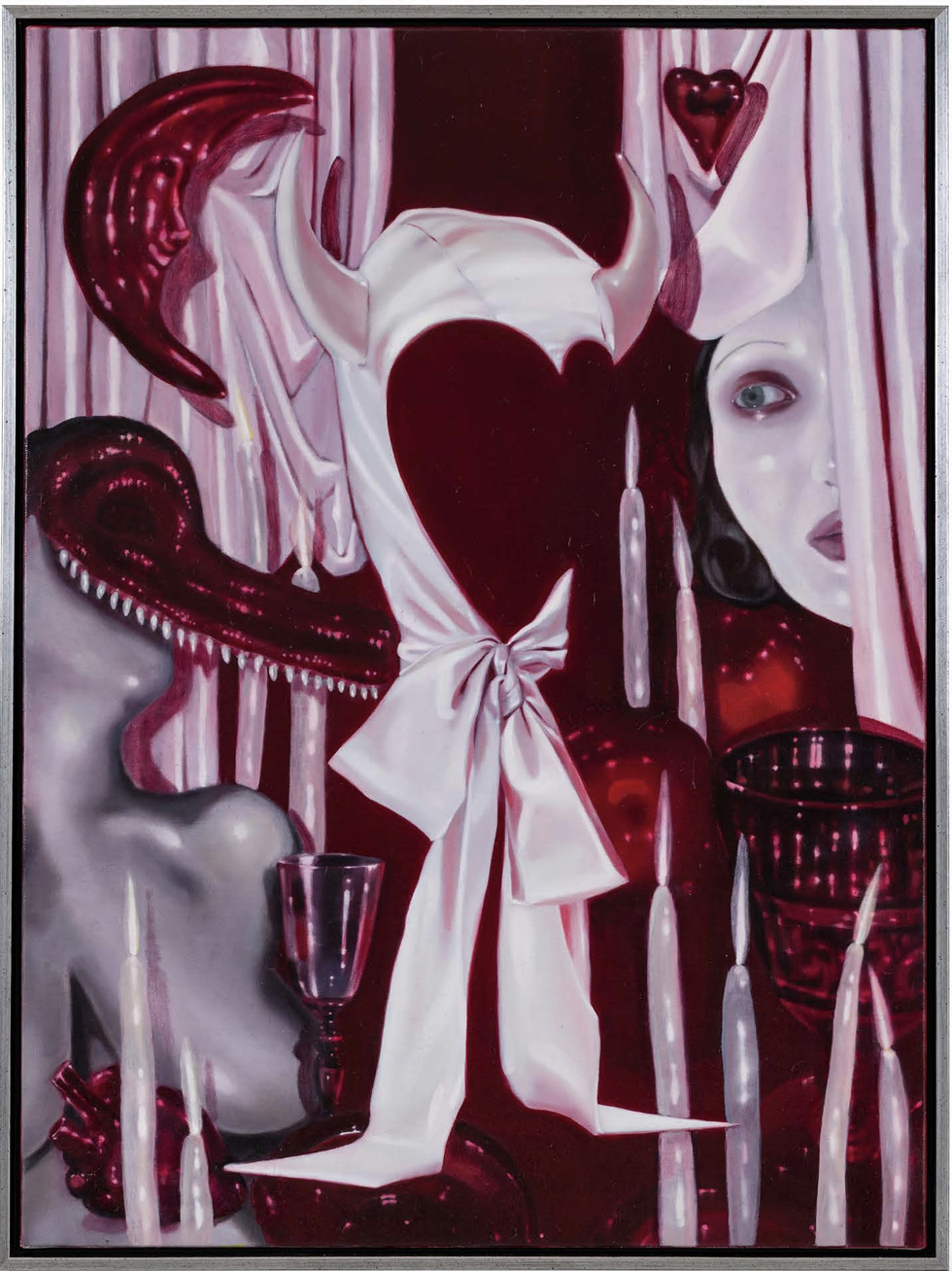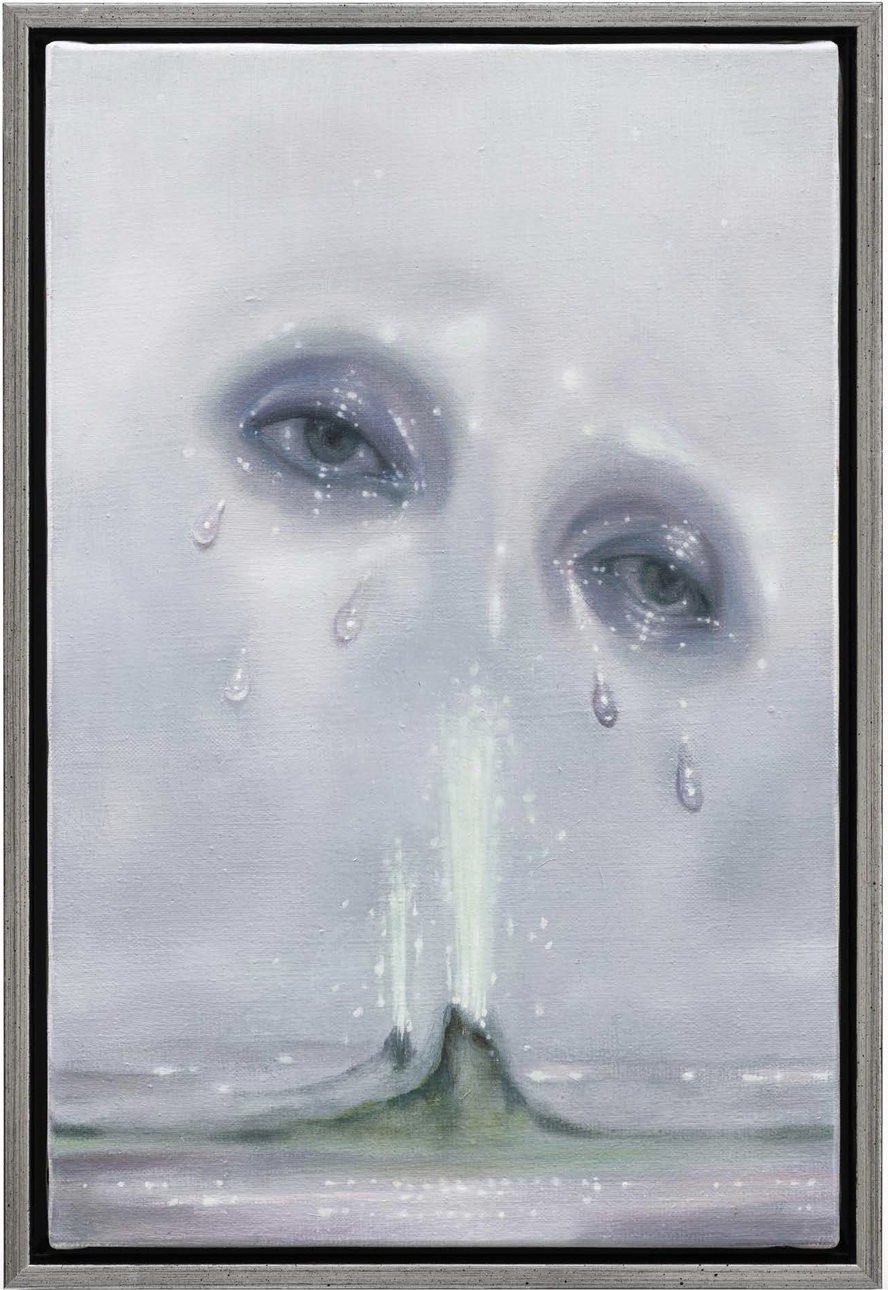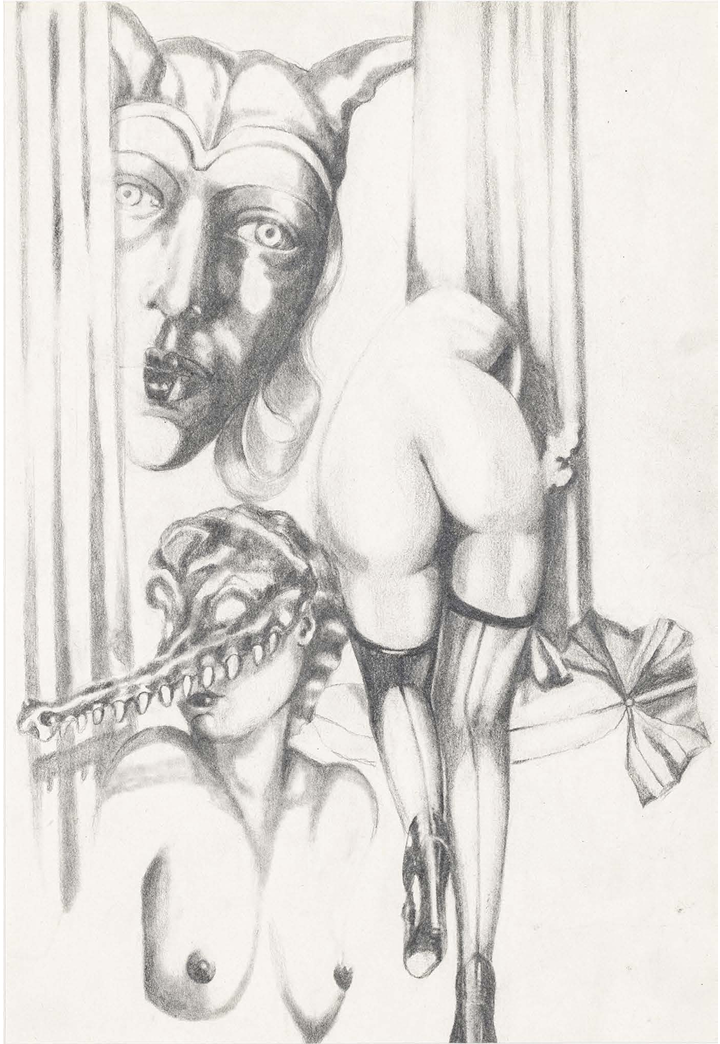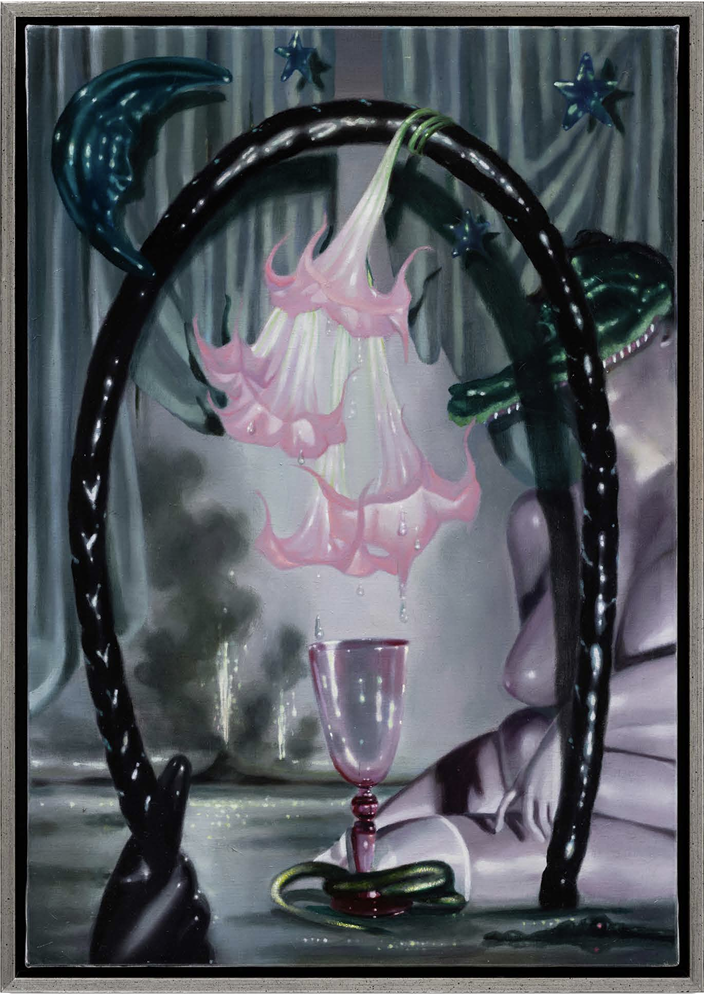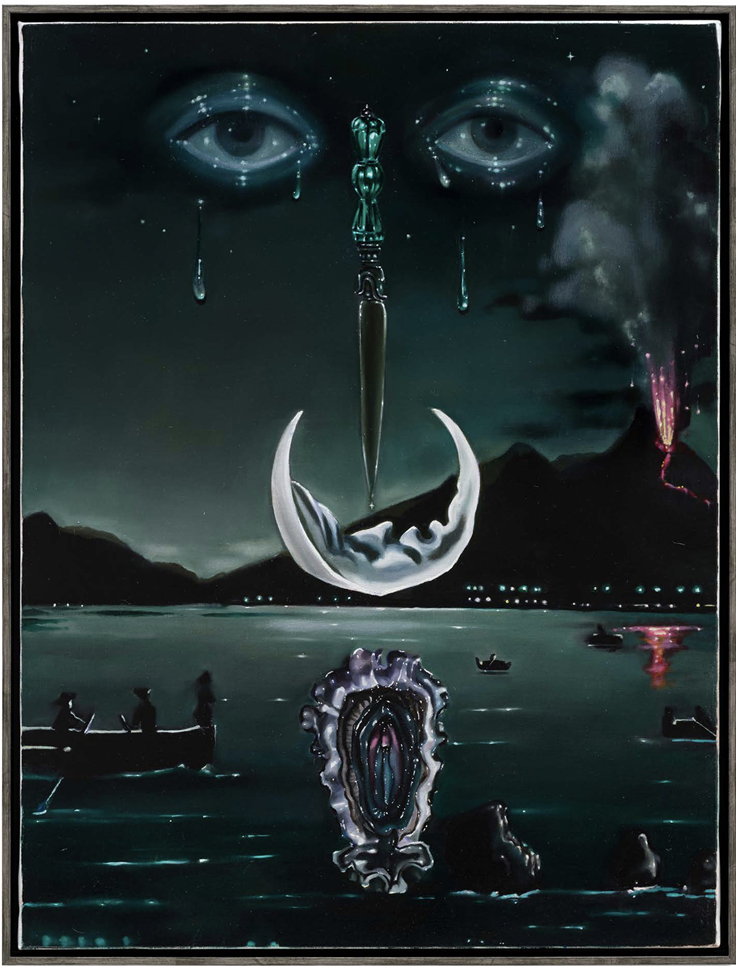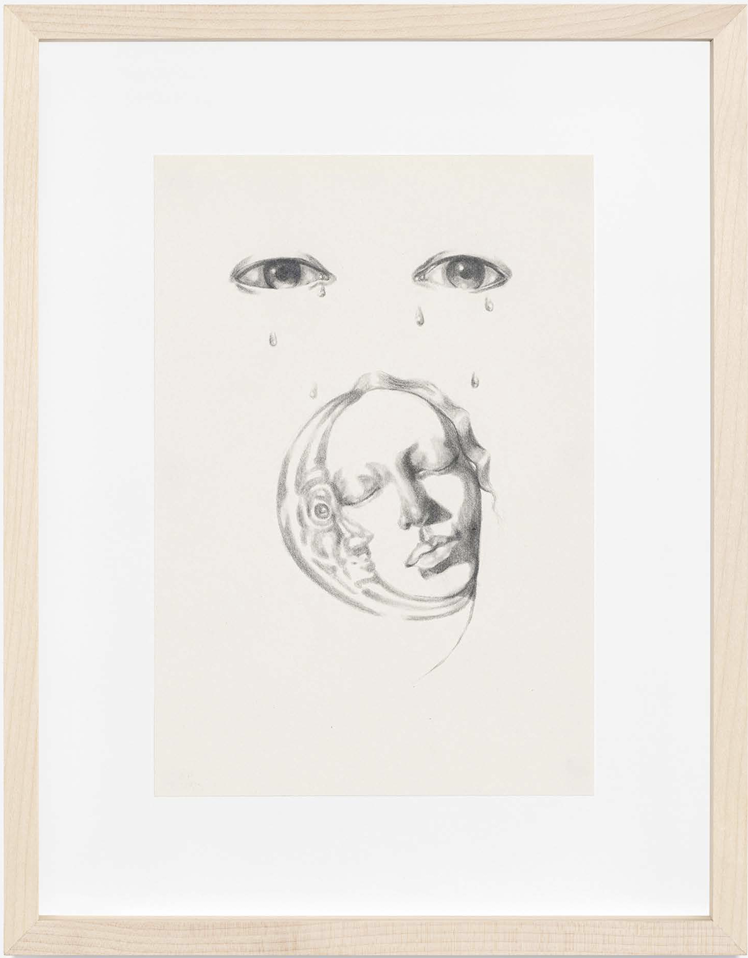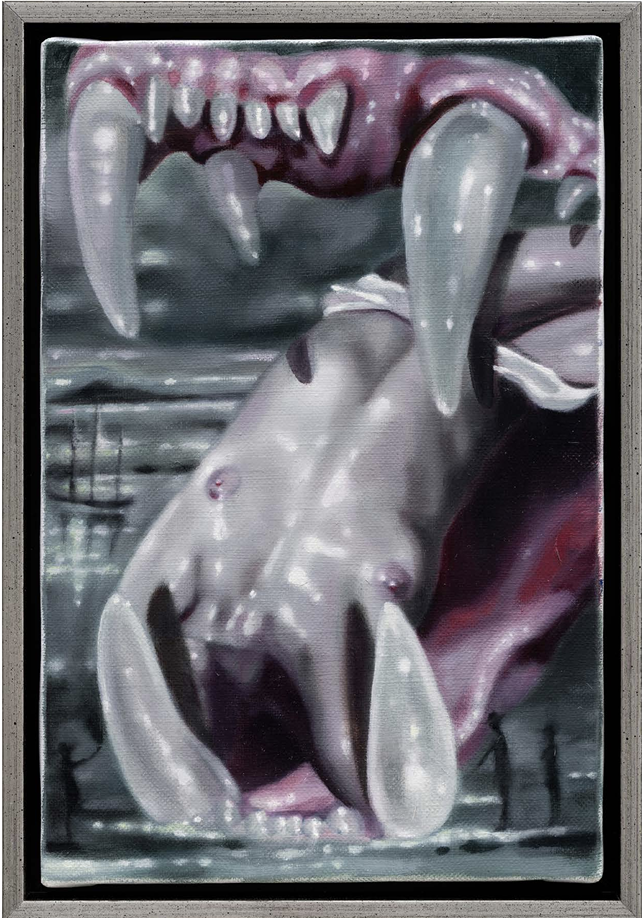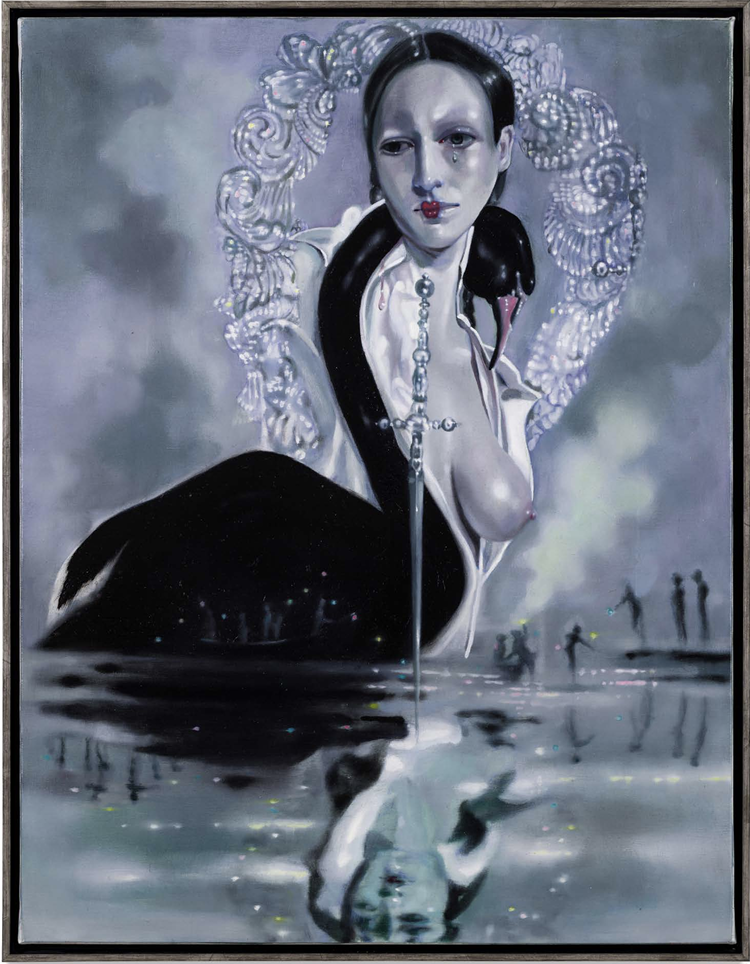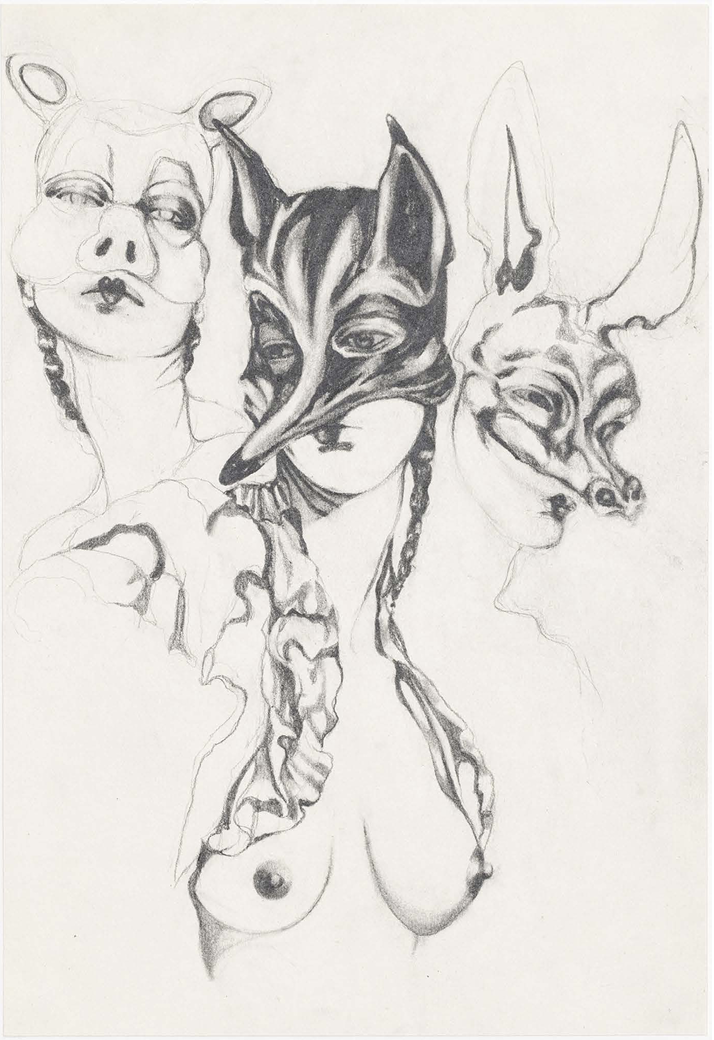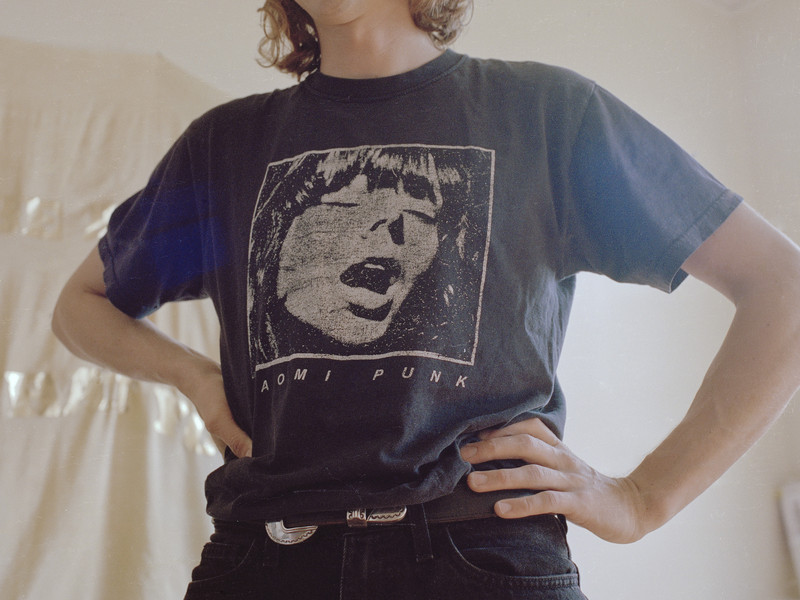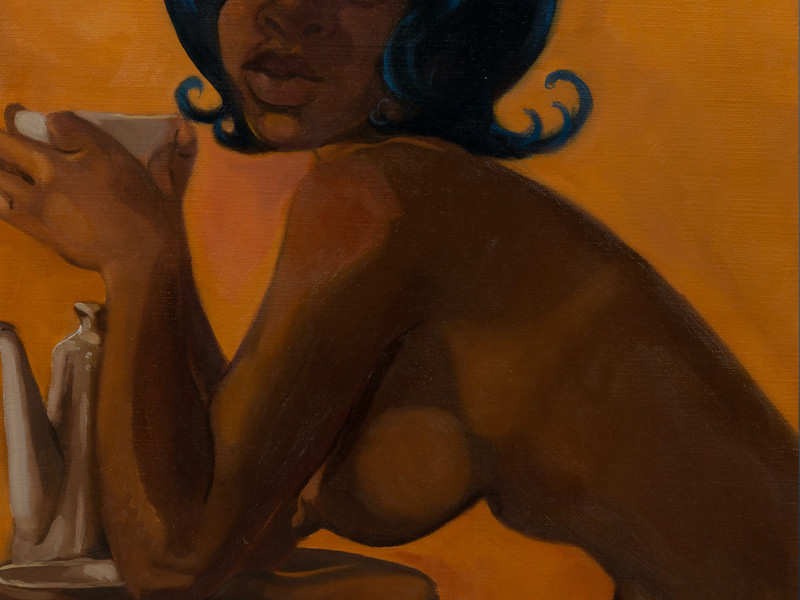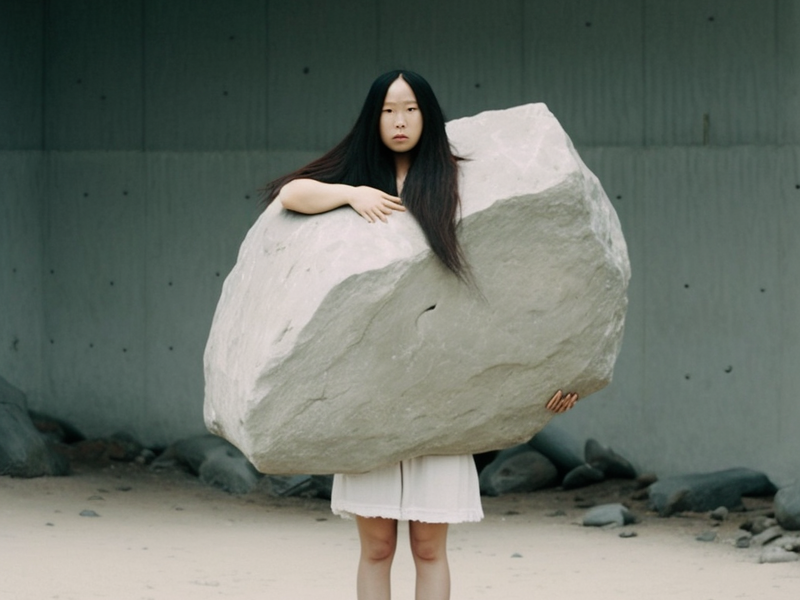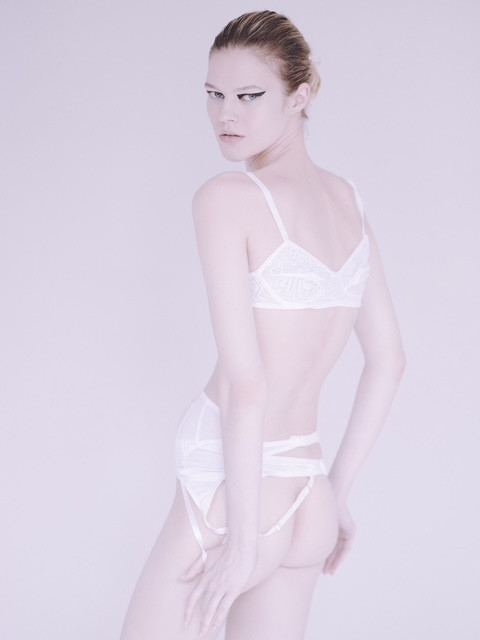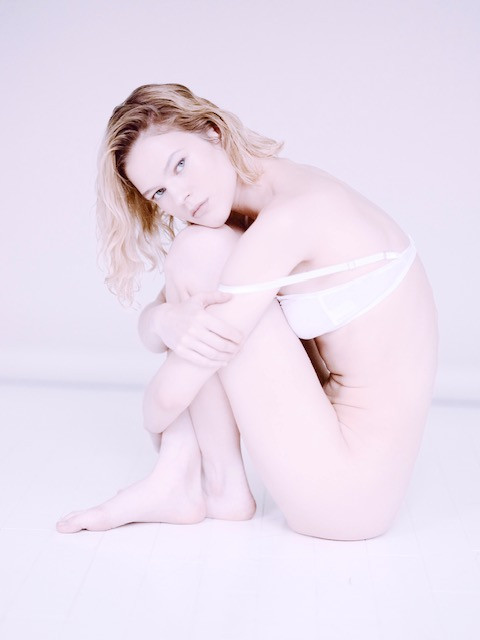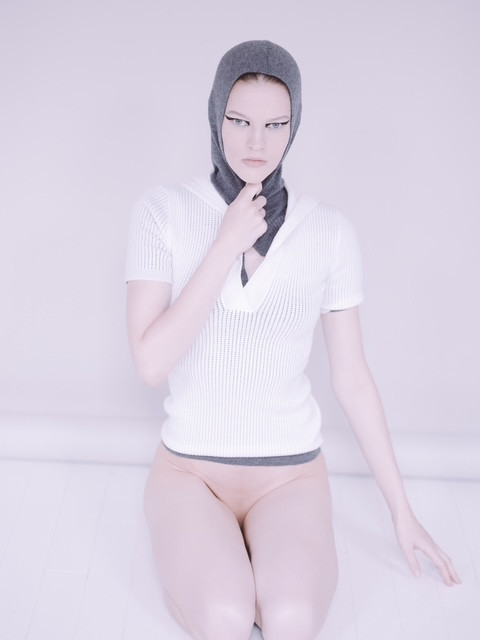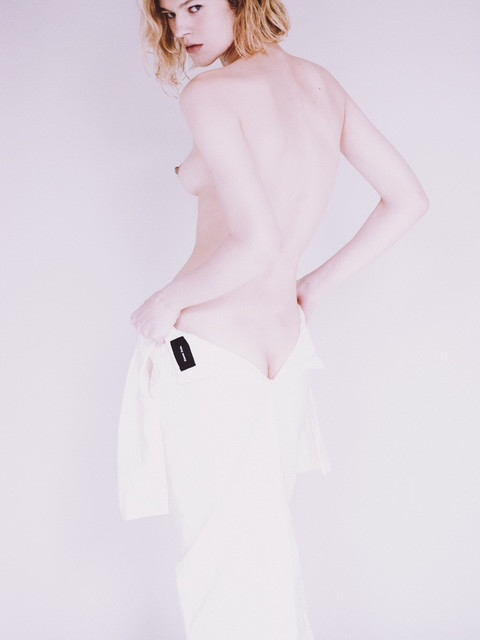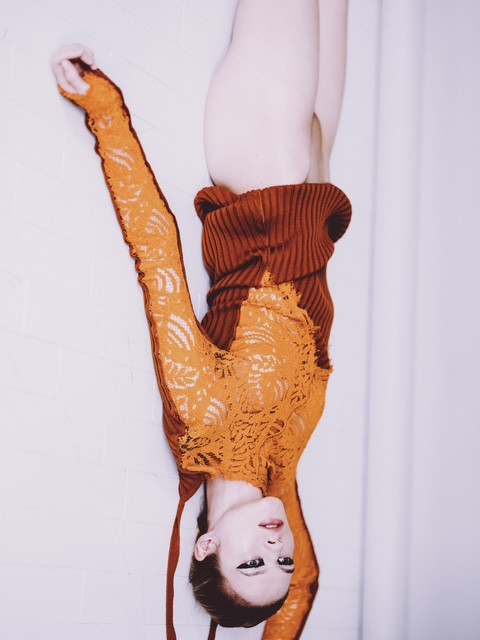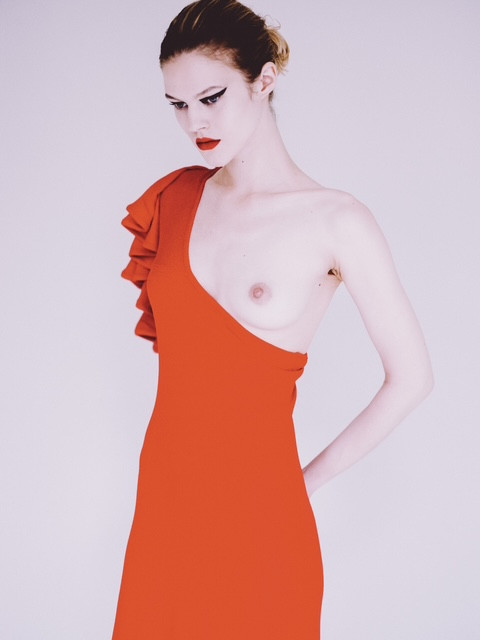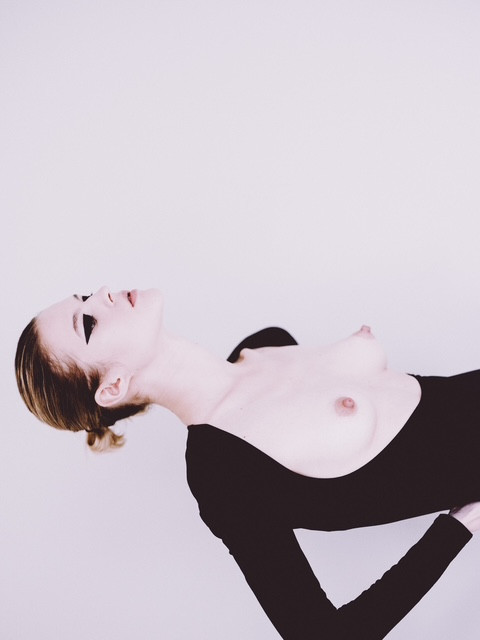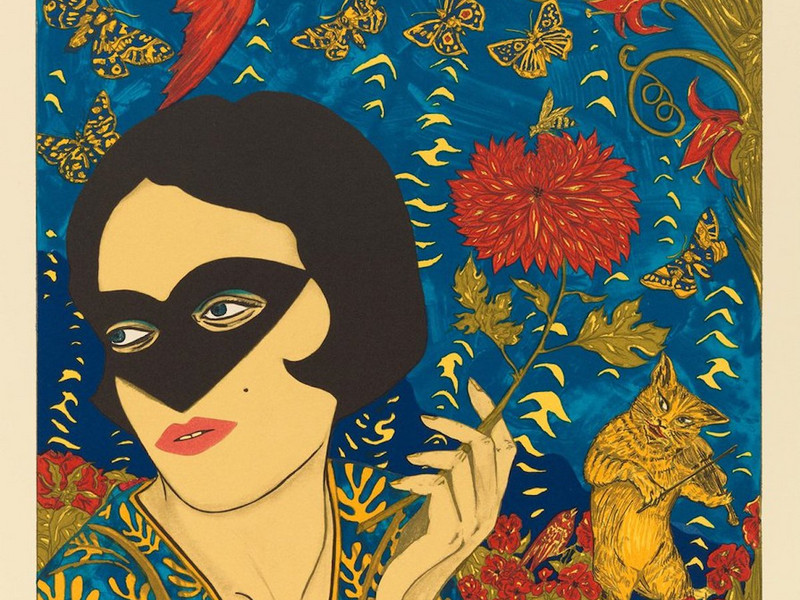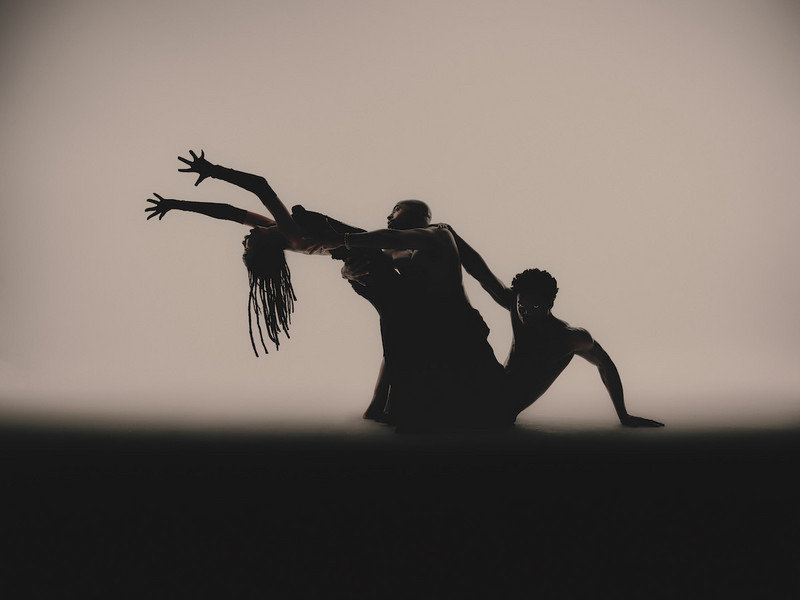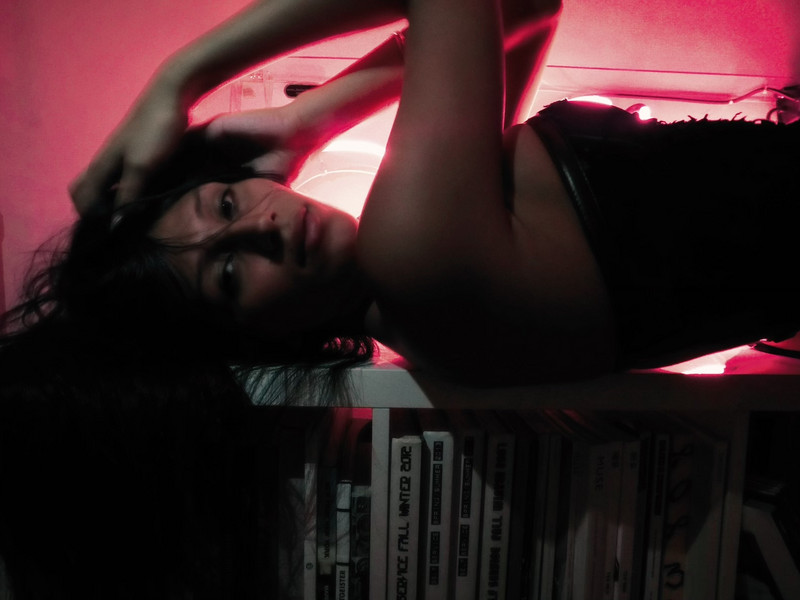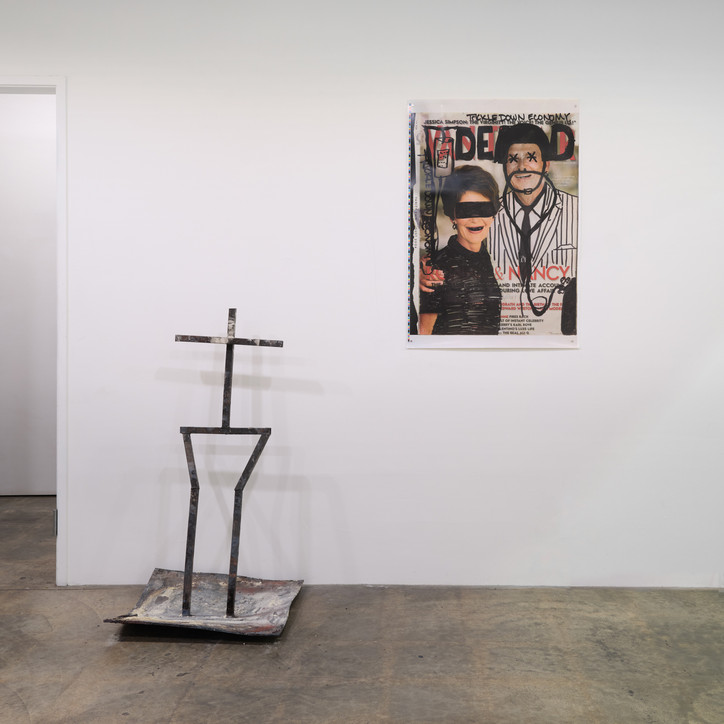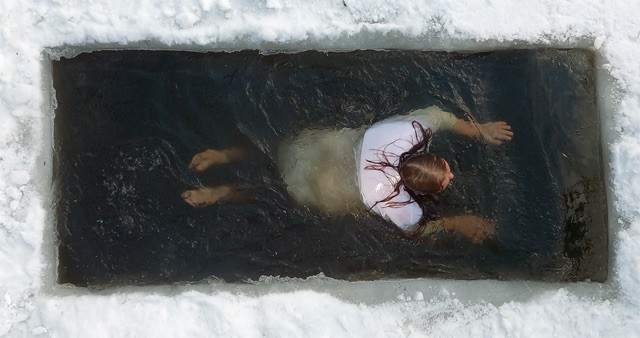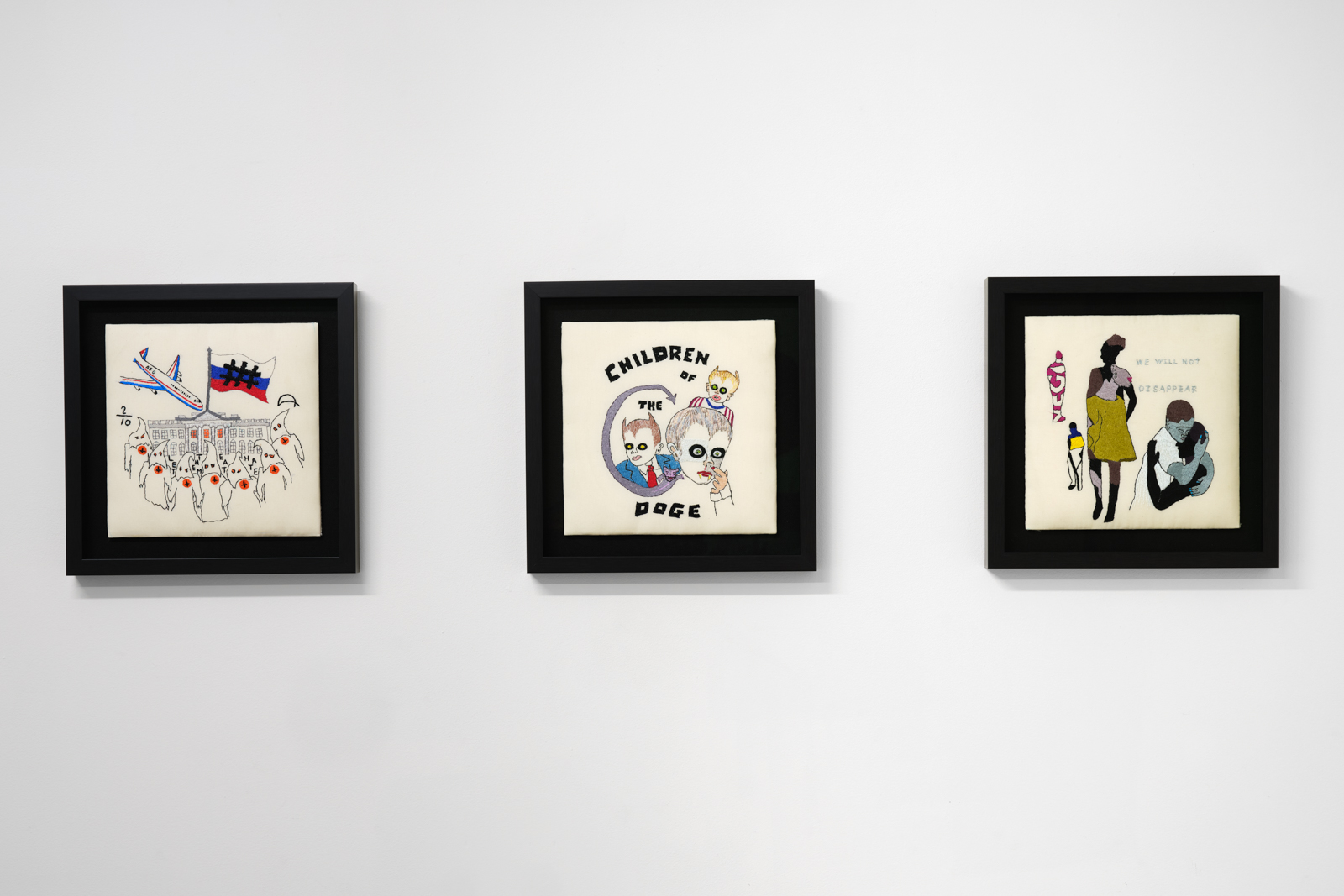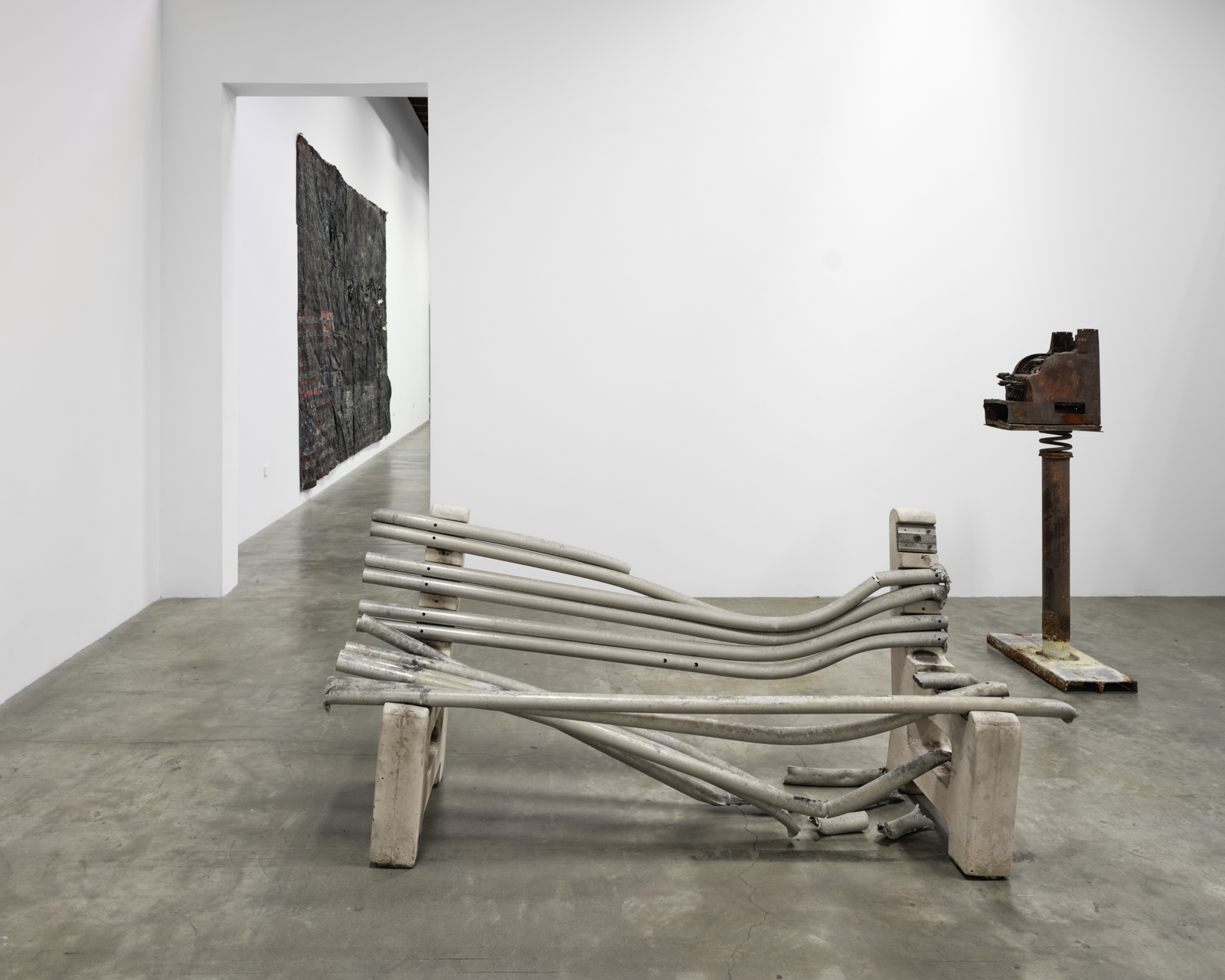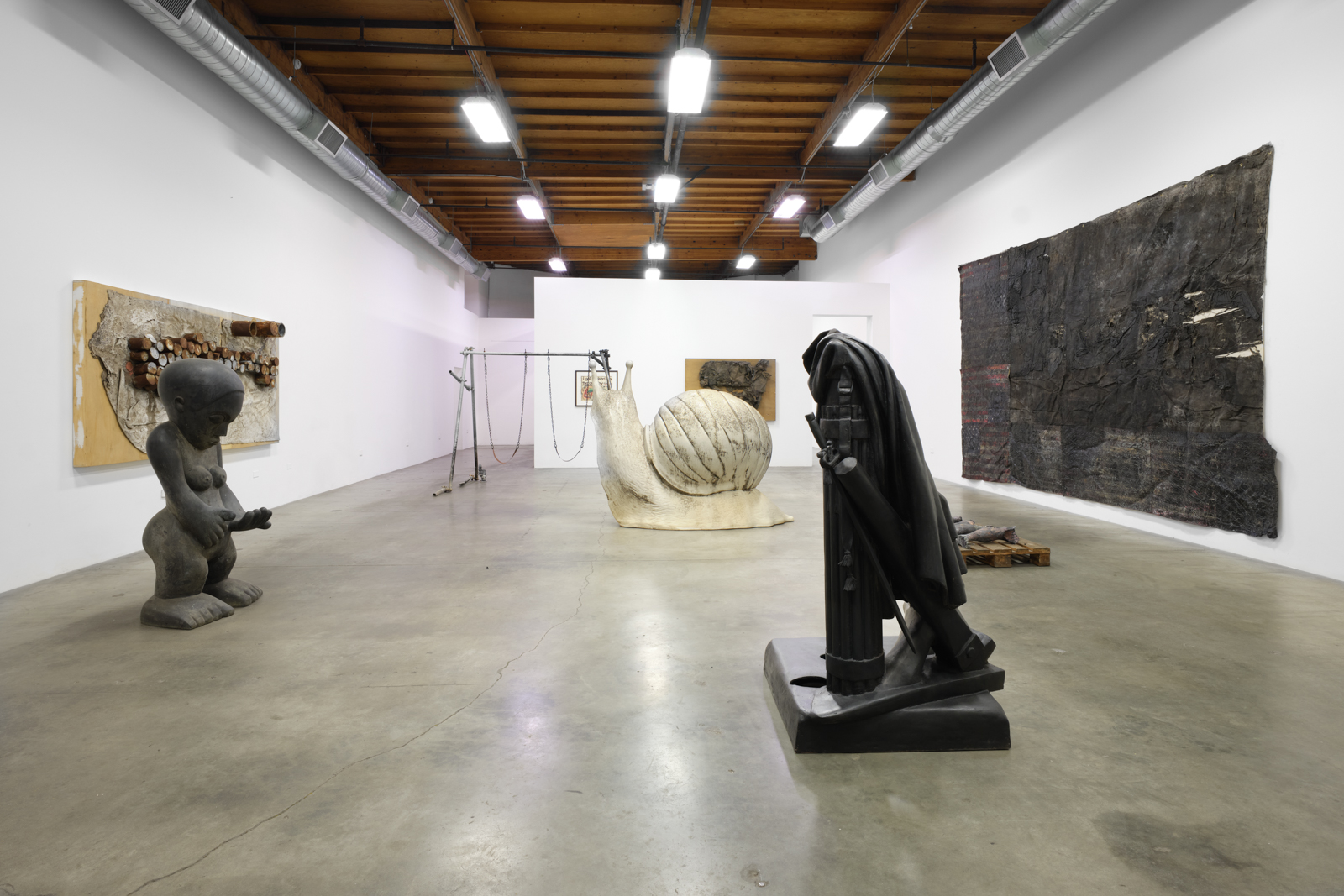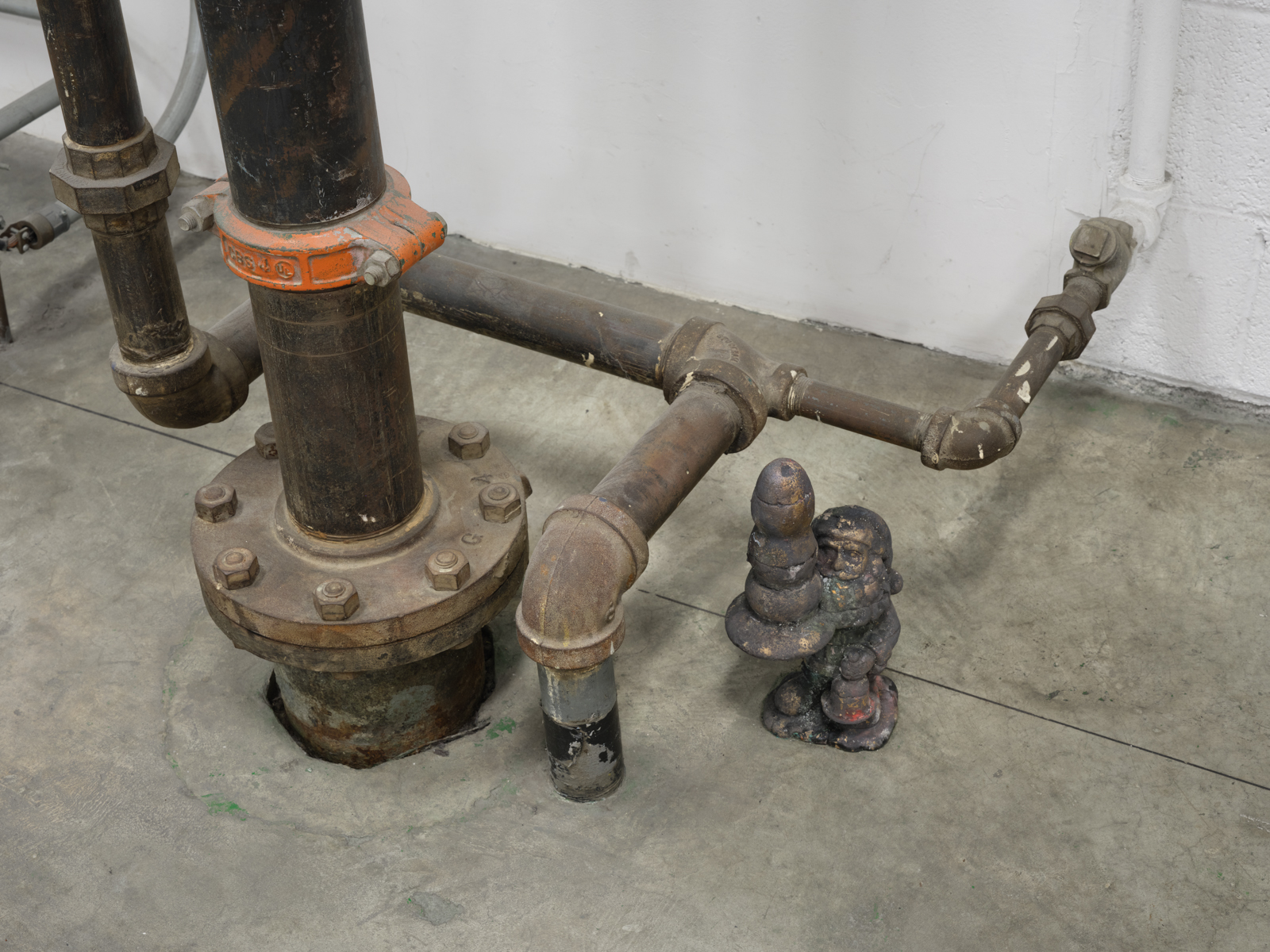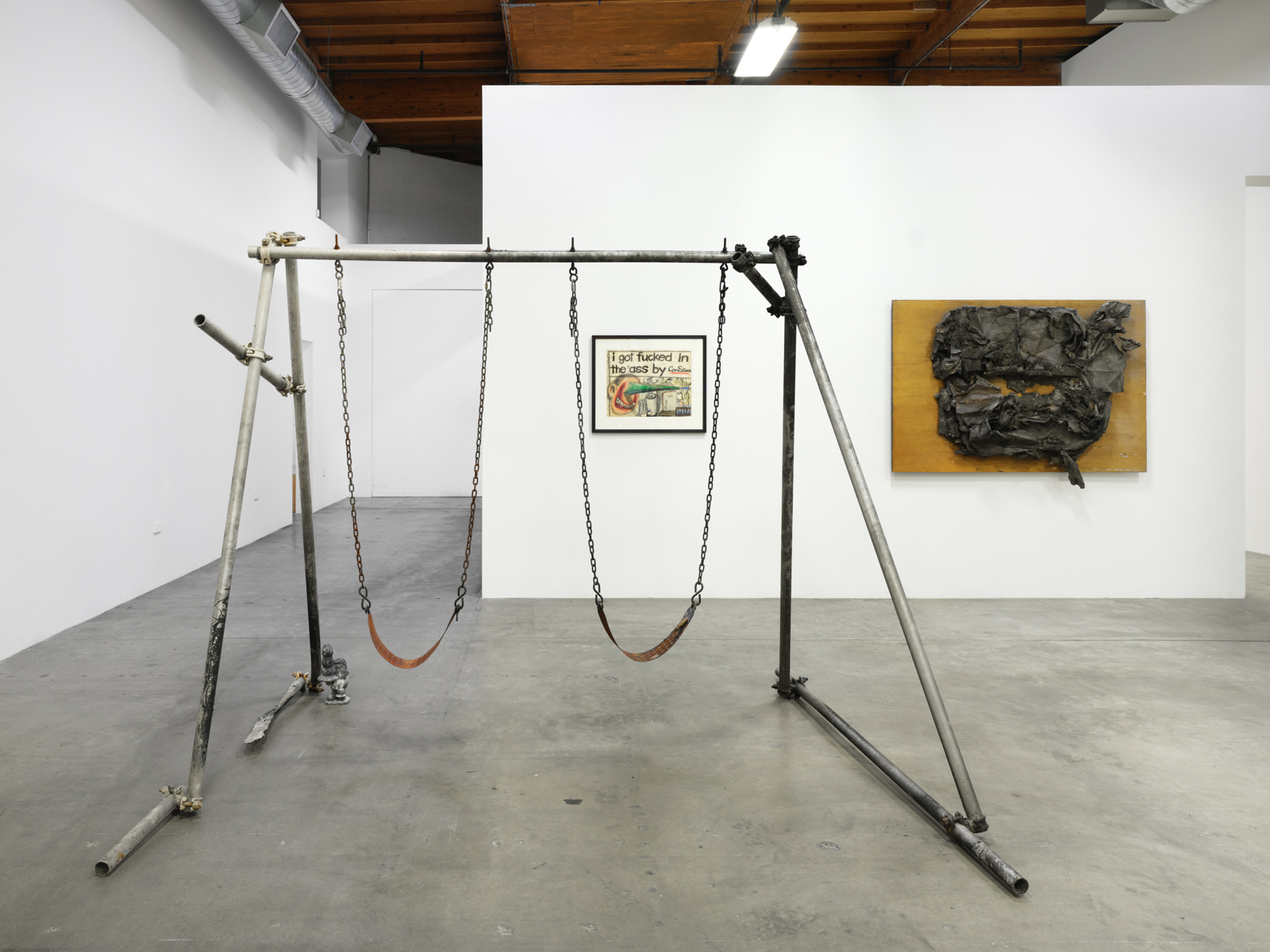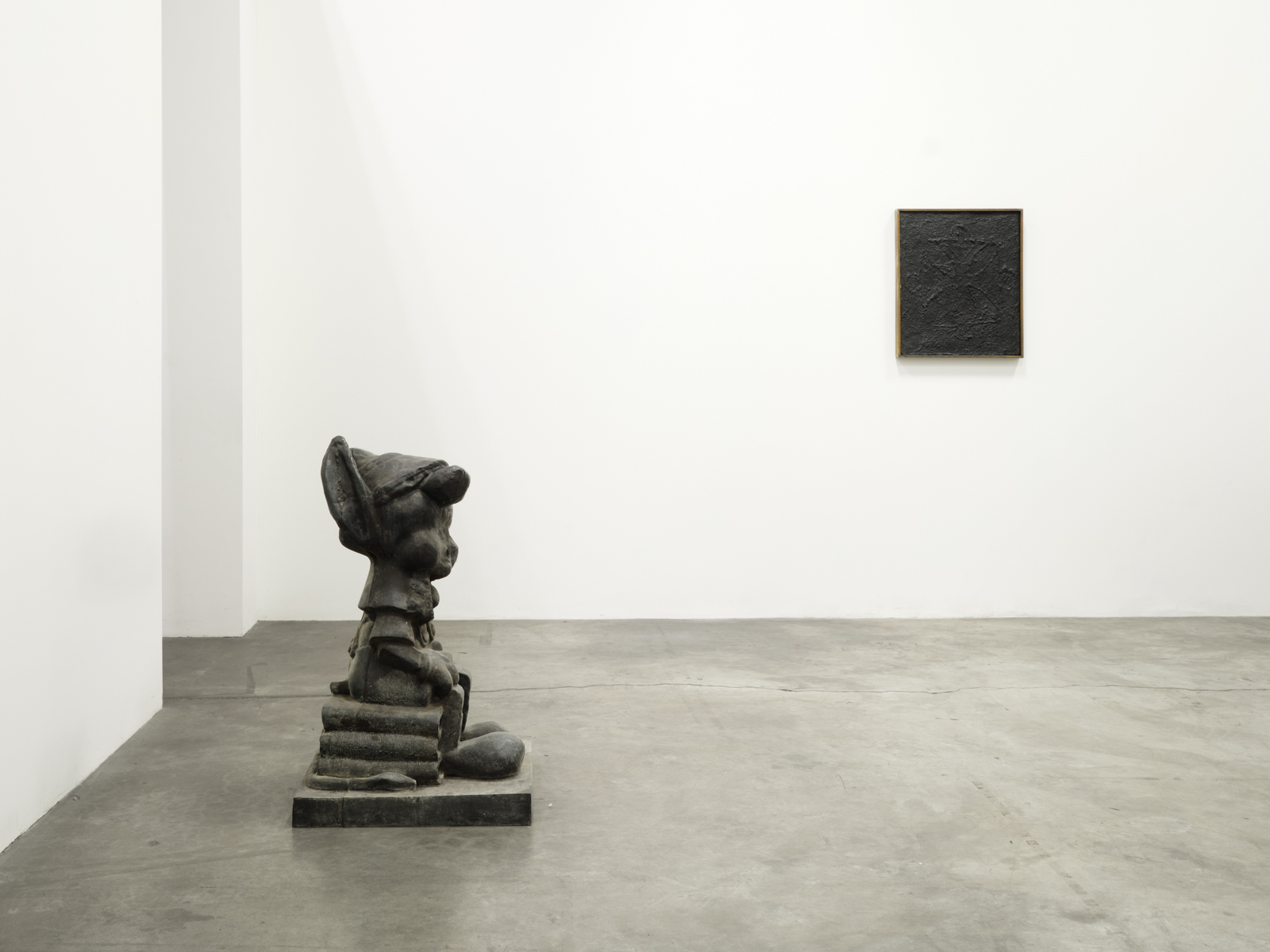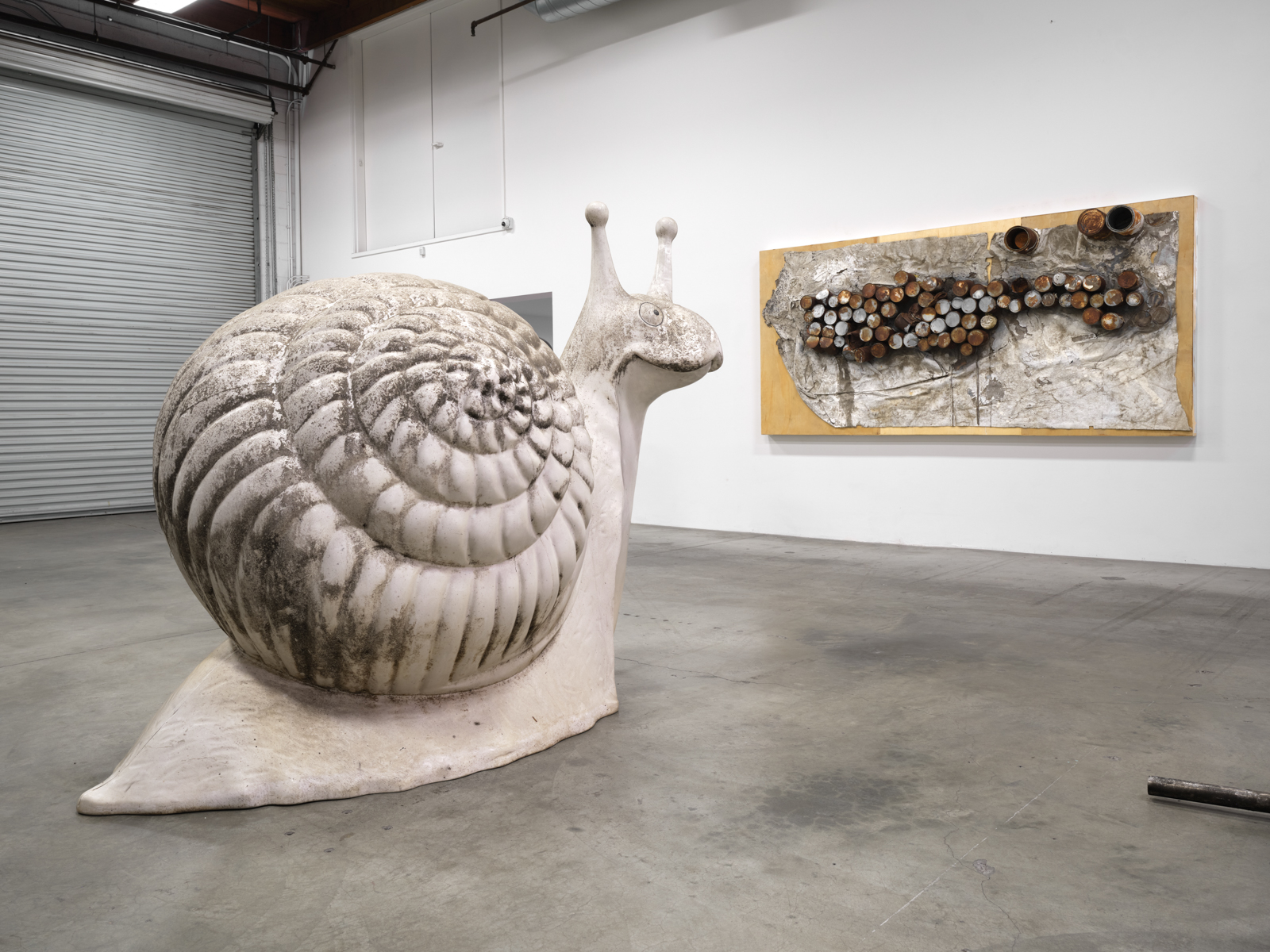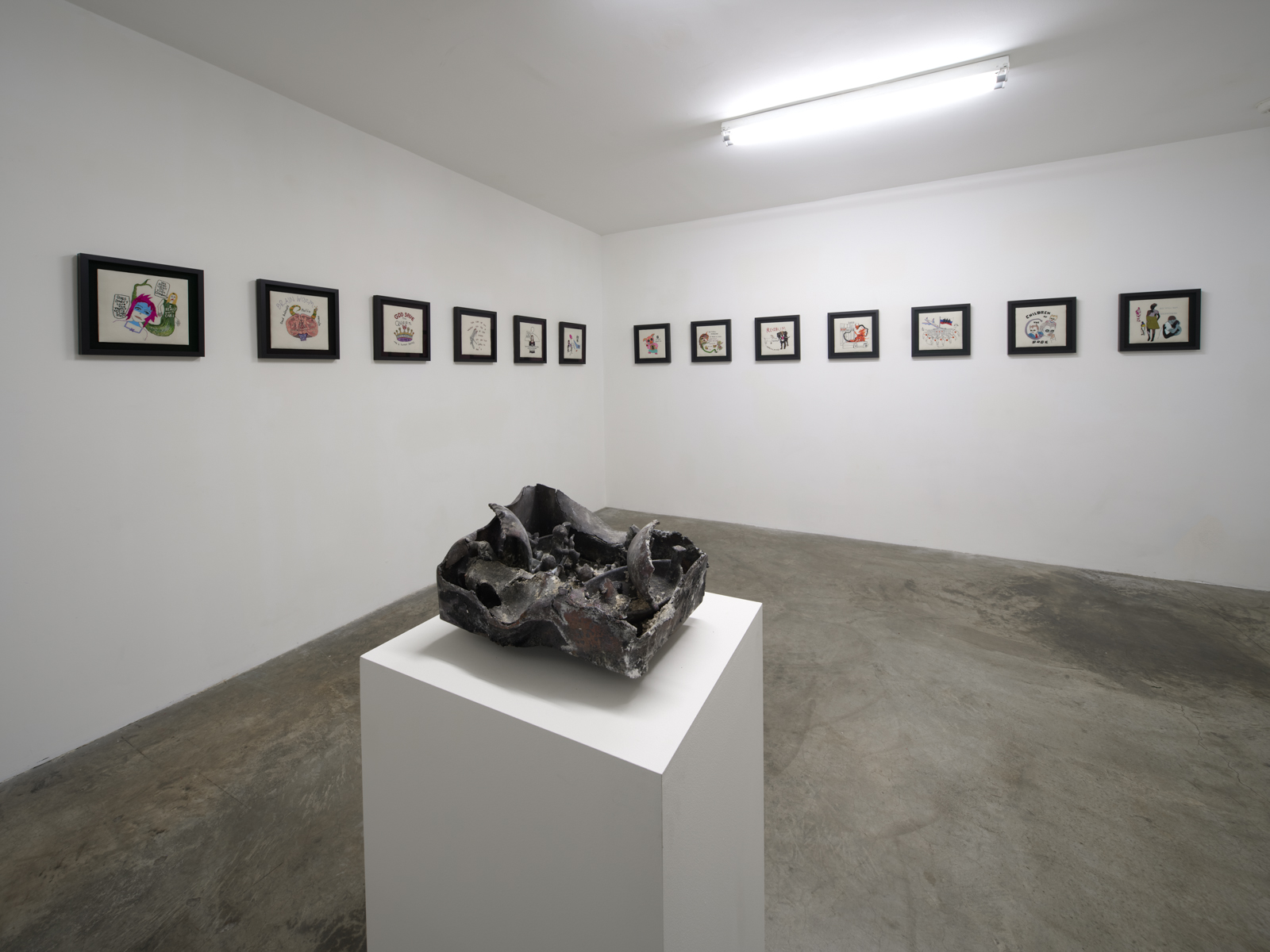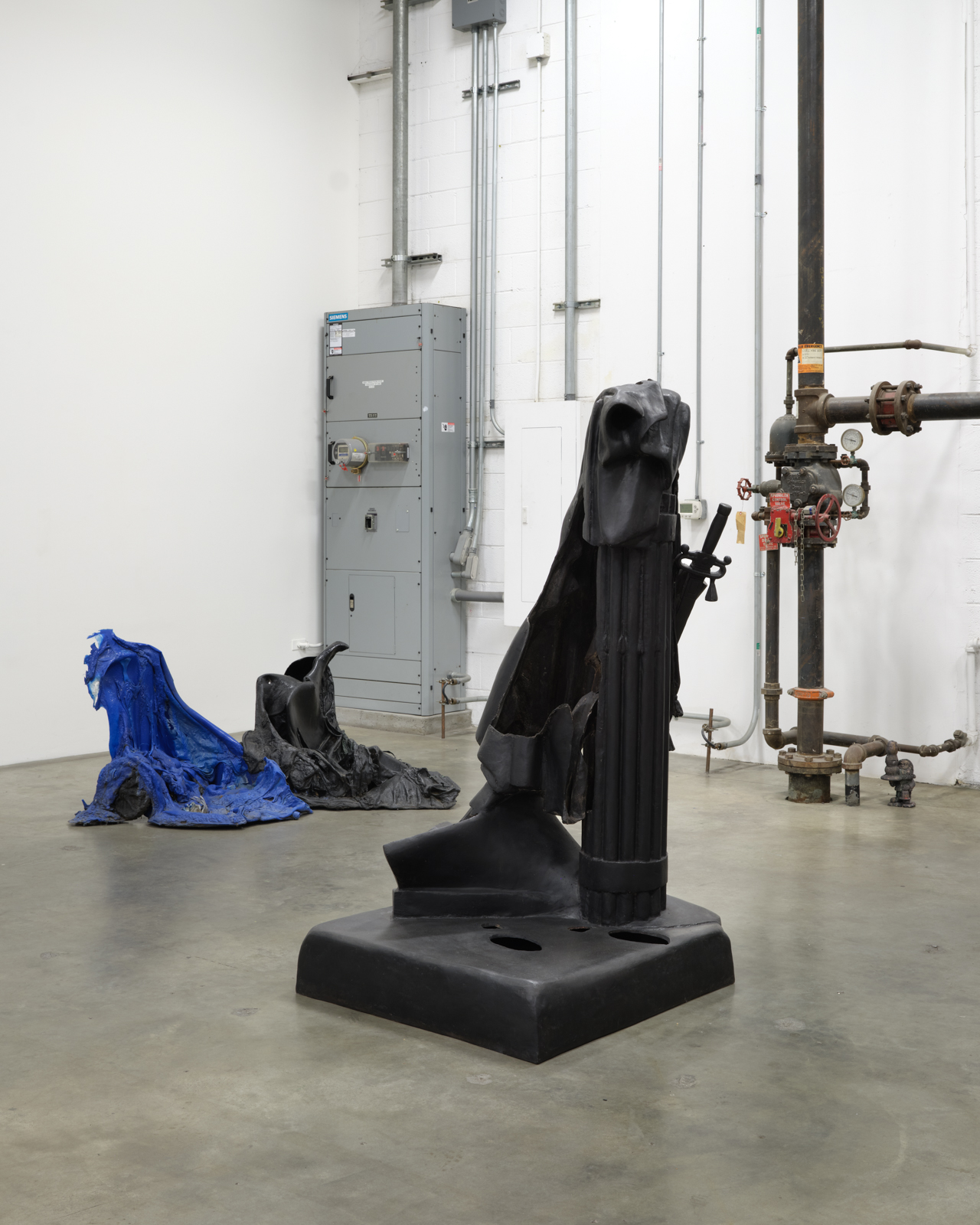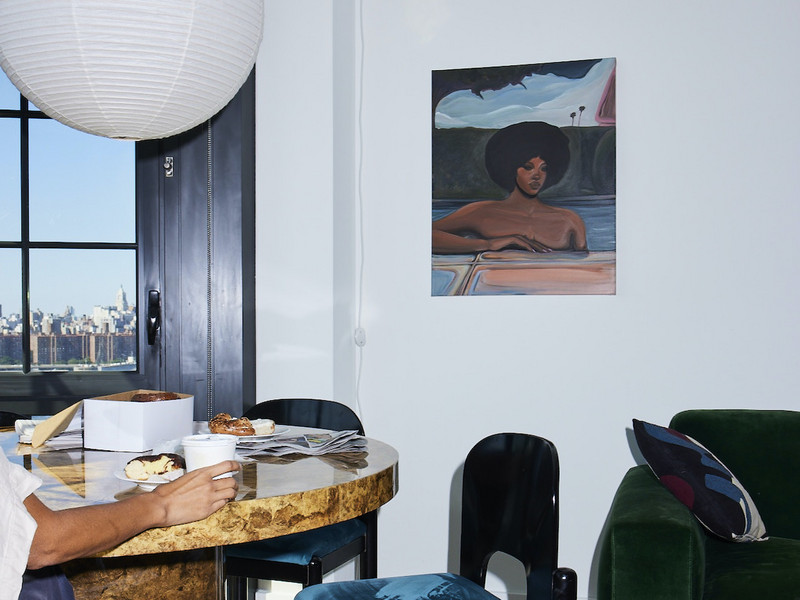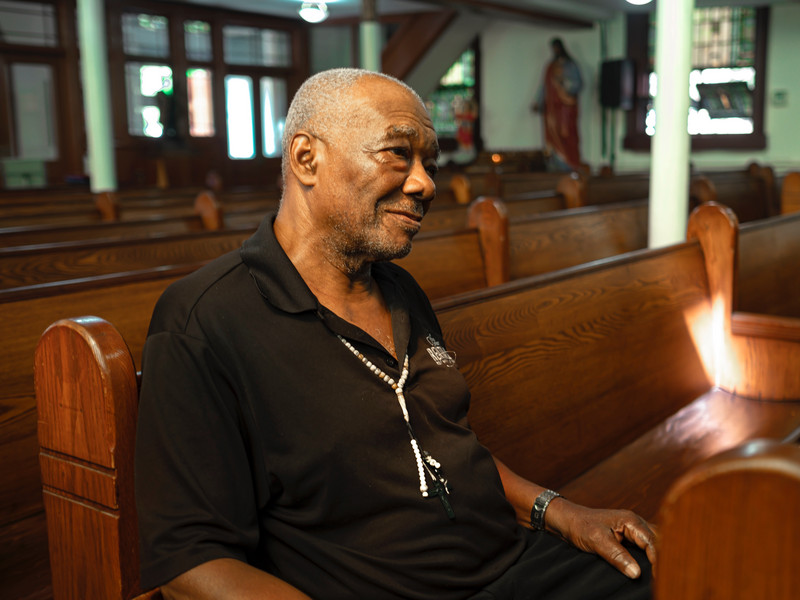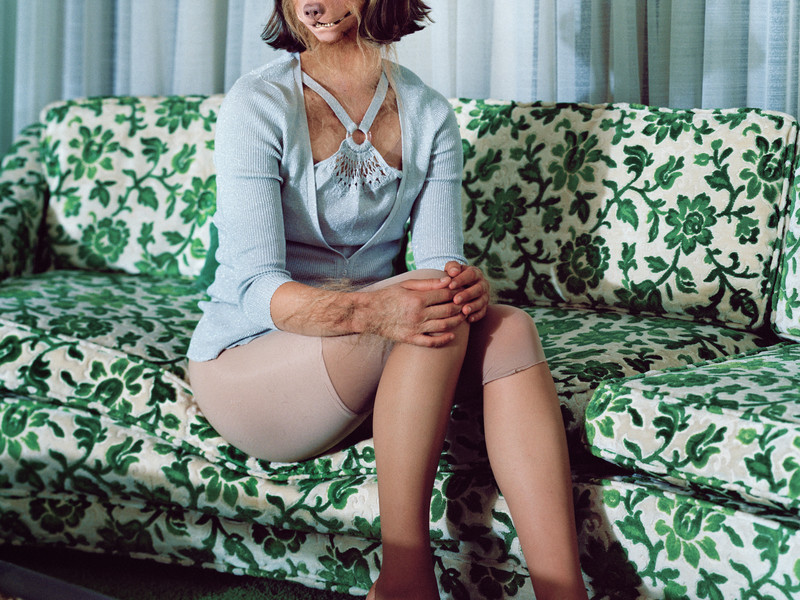Lexie Smith: An Edible Self
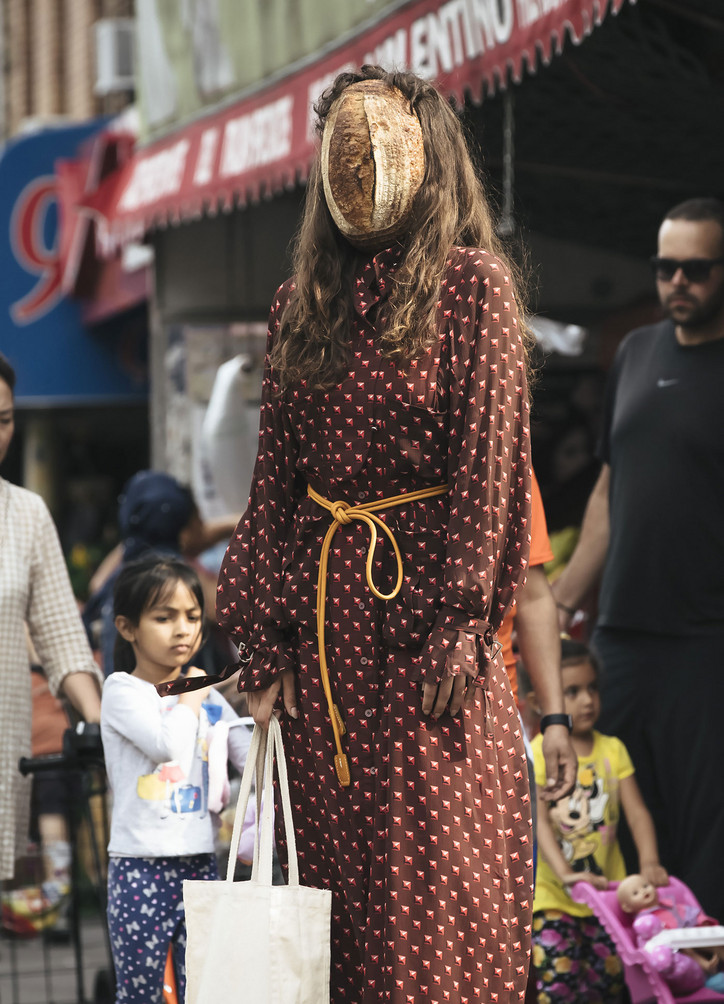
But we also couldn’t help but discuss the nature of the interview we were, in that moment, engaged in, hoping that if we put the exercise itself under the microscope and analyzed our findings, it might somehow absolve us of our journalistic sins. Spoiler alert—it didn’t.
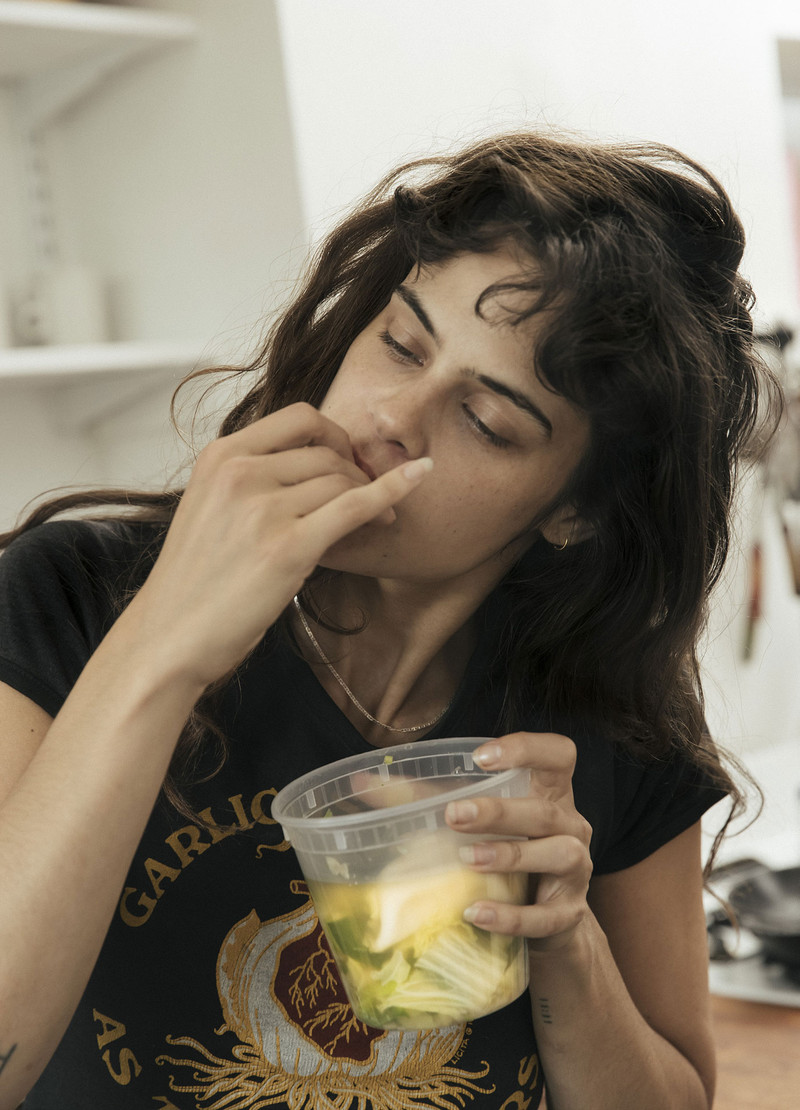
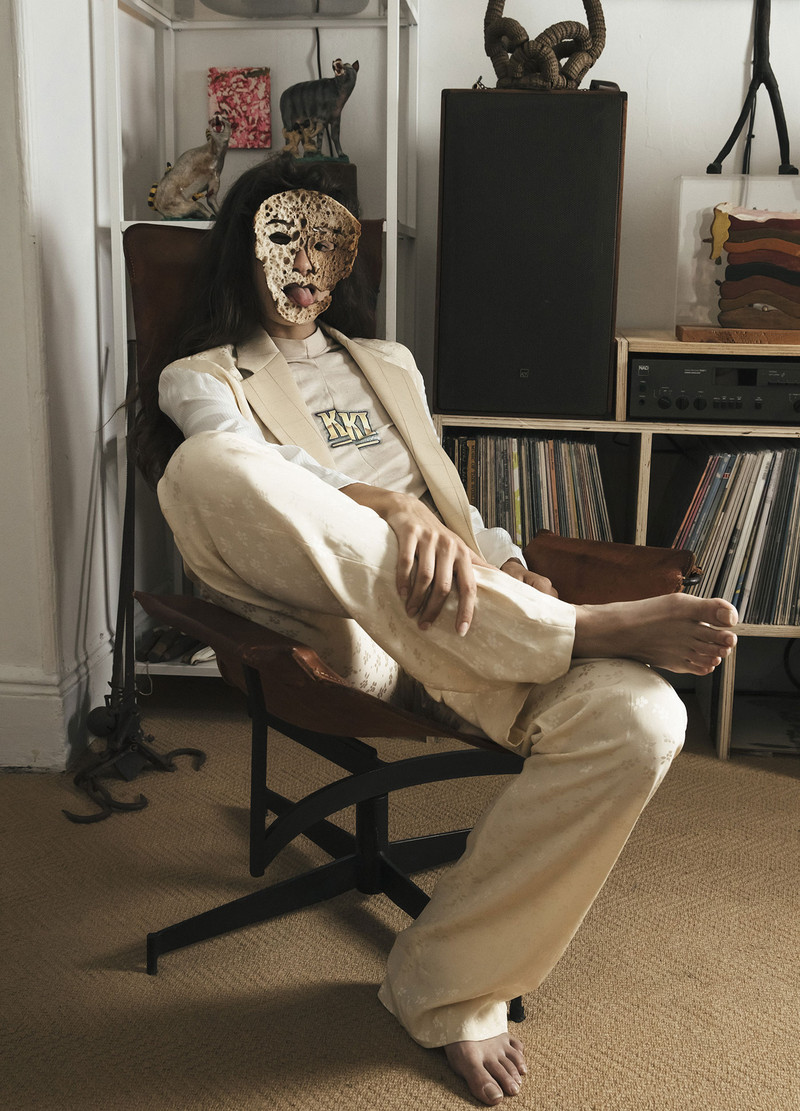
It’s funny how the moment I started recording this conversation, our voices changed ever so slightly, and our intonations too. Even the faces we’re making.
I’m gonna cover your phone with my water bottle.
There is no one else here, except the phone, of course, and yet it affects us.
Do you think, in a way, we all have little microphones on us all the time, in that we are constantly broadcasting to the world?
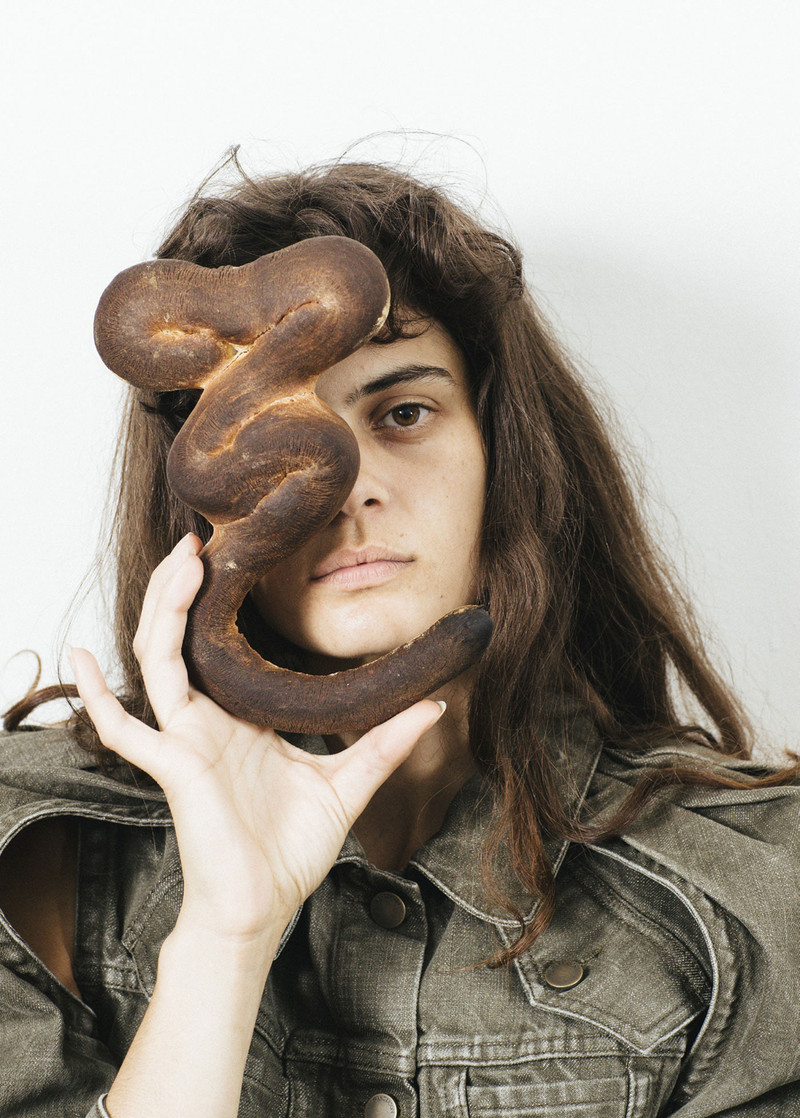
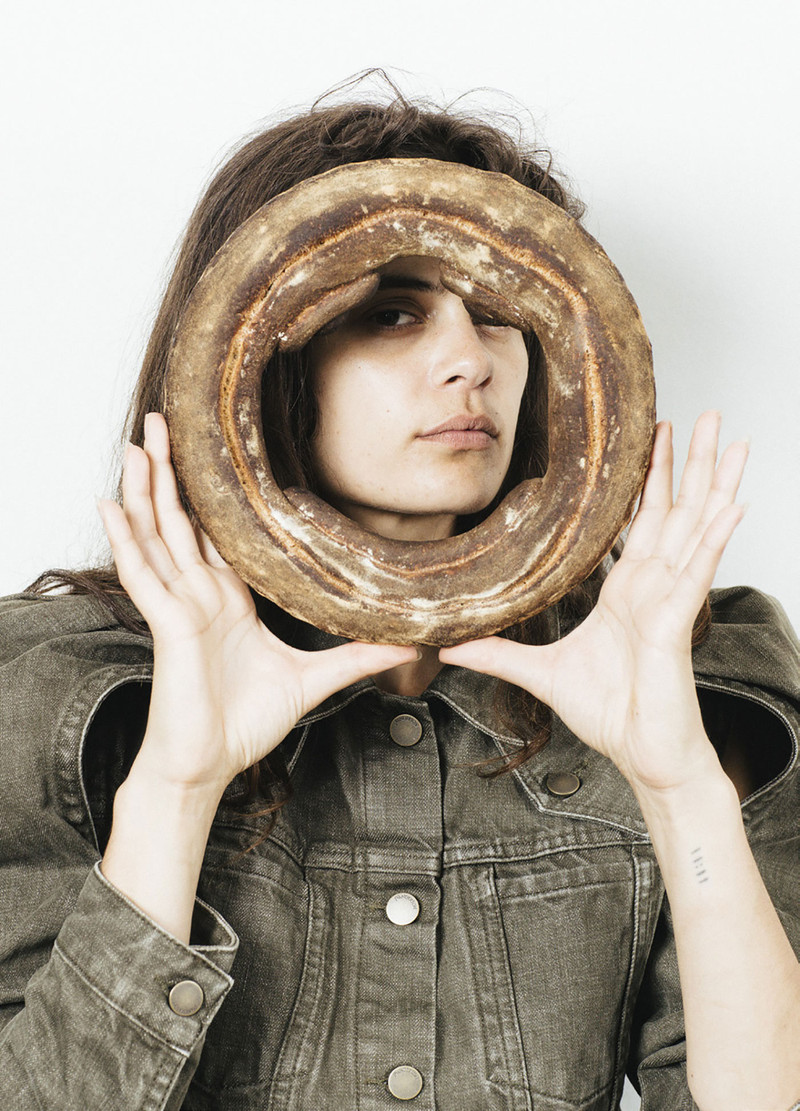
Are you asking me if I think private self still exists?
It’s hard when it’s self-regulated. It’s hard to know where private self begins and ends. I can’t even see your phone right now, but my brain still feels a little different knowing that we’re recording. It’s like this film comes up between my mind and my mouth that communication has to pass through. Like, I’m really tired all the sudden. There’s now a split second between the thought and the expression of the thought that didn’t exist when we were chatting before. Private self is either already impossible or becoming more impossible because every moment is now potentially recorded and then, of course, potentially published. I think that humans are private selves with social modes. If private self ceased to exist, we would no longer function. I am both enthralled by and terrified by social media and the way that it mirrors our representation back to us.
In the past, you and I have talked a lot about the idea of who we are versus who we actually are. The difference between the story of a person and a person. For example, this profile of you will, in some ways, further fill out the ideaof Lexie Smith that exists in the public imagination.
I think profiles are generally absurd. They’re mostly a product of the fact that there’s a lot of digital and print space that needs to be filled. This piece cannot successfully represent me. Of course, profiles can be wonderful though, in that we can learn about and be inspired by people. In basic terms, it should be taken with a grain of salt. Even the word profile kind of implies that it’s a synopsis of an entire human being. But synopses don’t allow for nuance.
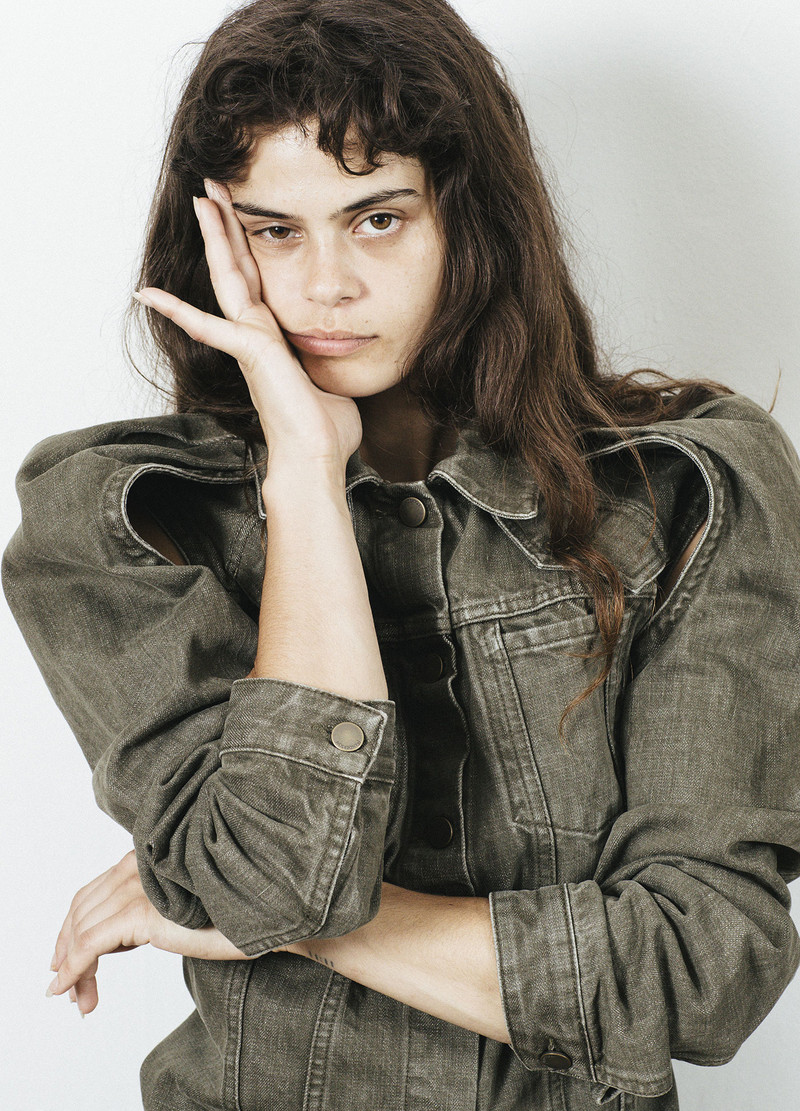
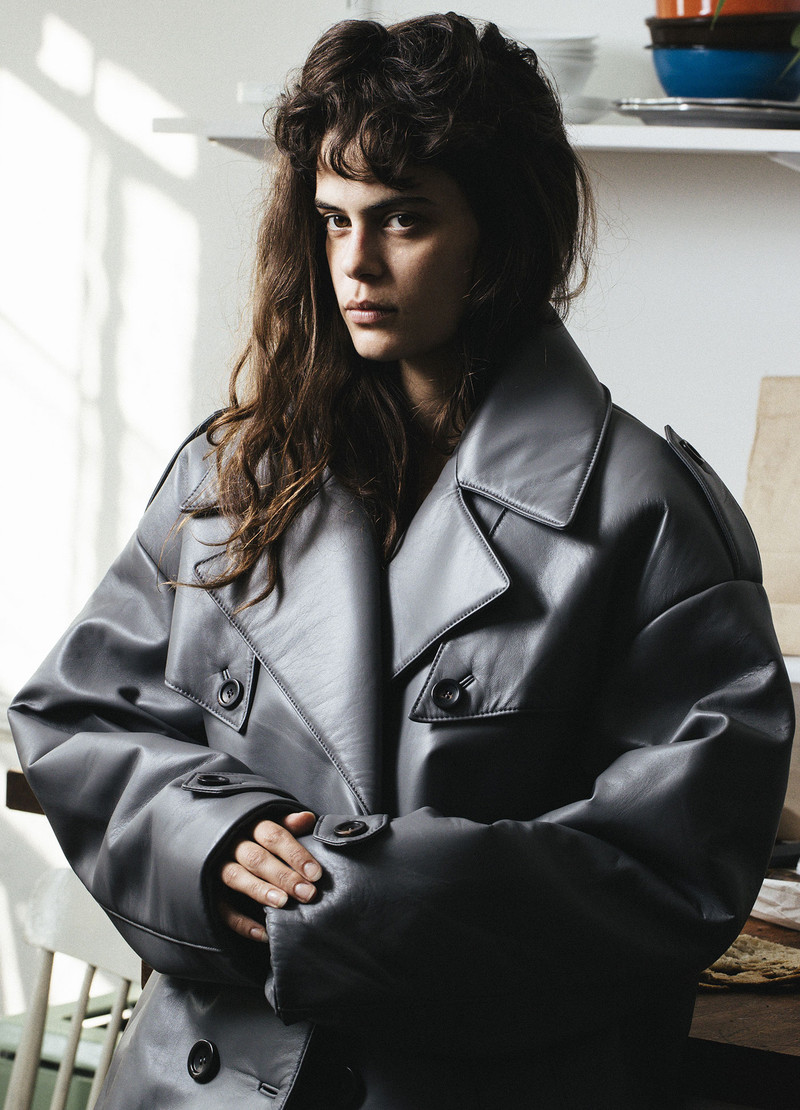
Does this sort of thinking, about representation and its shortcomings, play into your work?
I think that anyone who’s making creative work, who’s making art in any capacity, thinks about representation, either subconsciously or intentionally. I mean, the hope is that you make work that in some way conveys a truth that you either believe about yourself or about the world. I guess my hope, or intention, is to make things that encourage people to seek out truth in their surroundings, in their relationships, et cetera.
You have done a lot of food work in your life, including working in kitchens. It seems like that stuff eventually leaked into a more artistic arena when you started making bread sculptures. But now you’re doing a lot more writing, including the project at LaGuardia we just did together. Do you have goals when it comes to writing? Or do you simply want to just be writing more these days?
I just want to be writing. I grew up writing compulsively. It’s always been in me, but when I was working professionally in kitchens, I was not writing at all. And I never felt comfortable with that. I always mourned the loss of that person. Food left a big hole in my creative and intellectual worlds where I didn’t feel stimulated. I just didn’t really recognize myself as someone who wholeheartedly was part of that community. I don’t want to work in kitchens anymore, but I also don’t want to be a studio artist. So, it made sense for me to kind of combine food and art in an attempt to reconfigure who I know myself to be. Writing was something I had to wait until I had the time for.
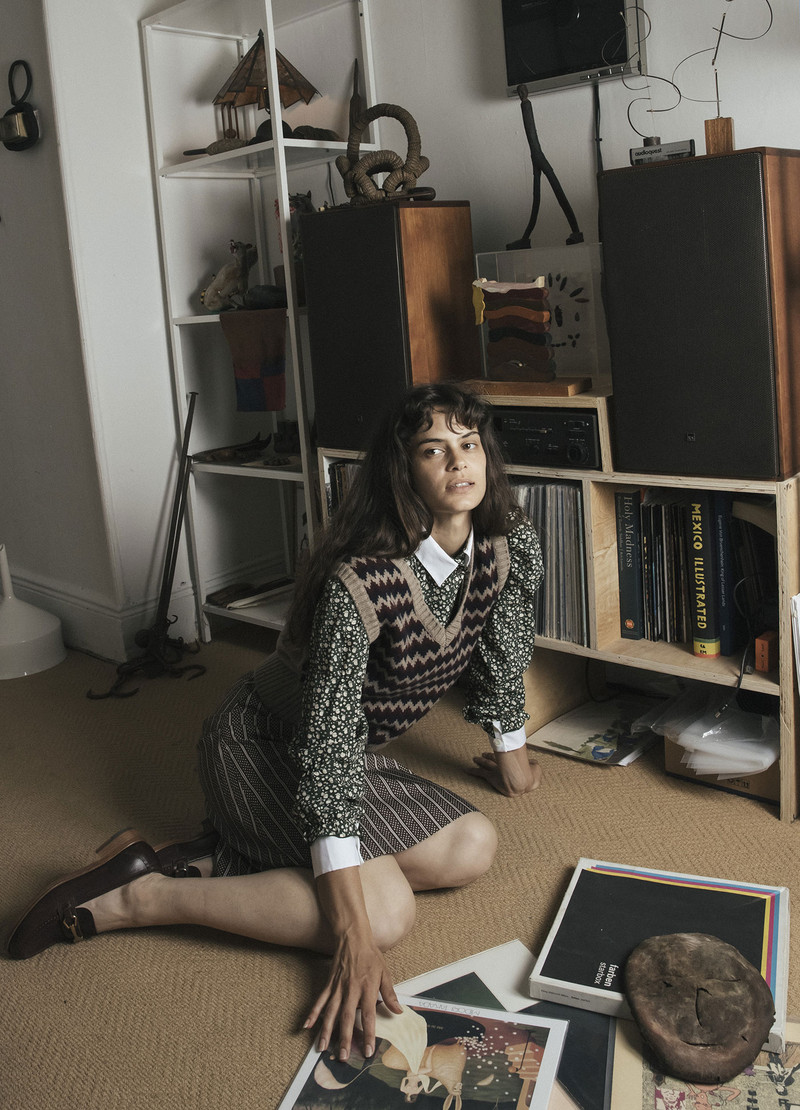
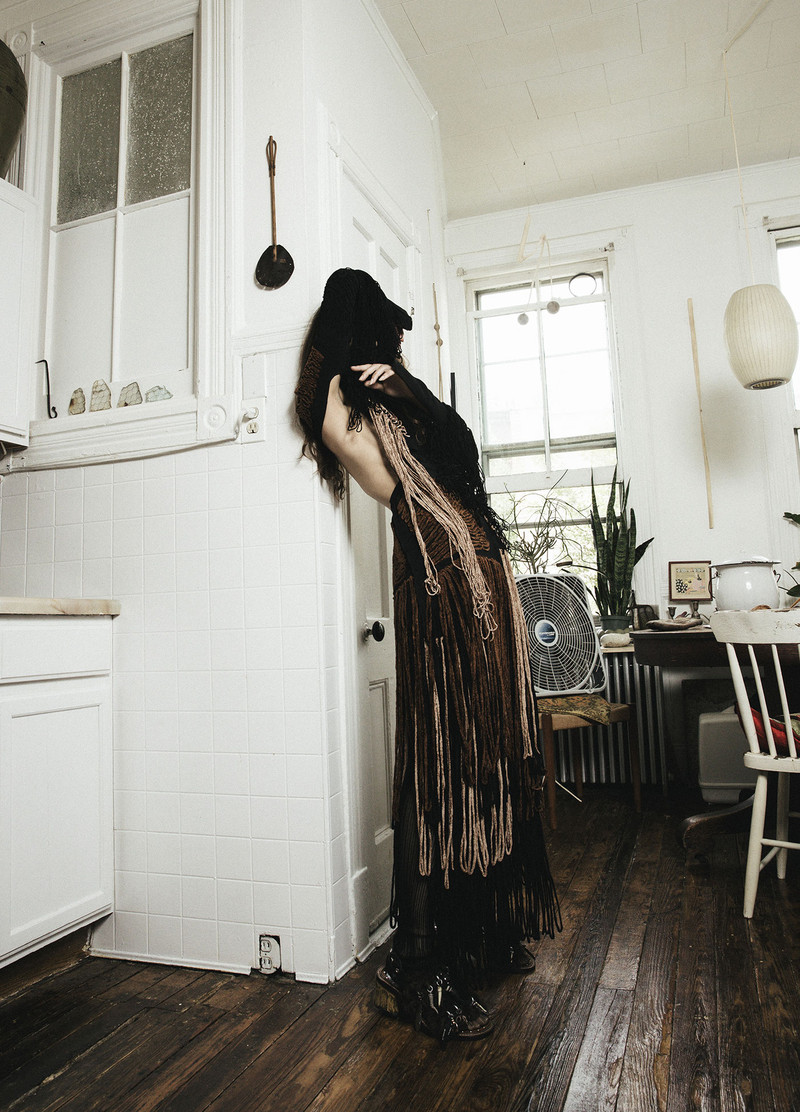
Do you want to make food related art, or was that more of a bridge into life outside of food?
I think it was a bridge and remains a bridge. I’m not a “bread artist.” Bread is something I’ll continue to explore because I’m comfortable with it. I am very interested in bread as a catalyst for my visual work too. Thematically, it’s incredibly rich and diverse, and it has led me to places that are entirely tangential to the medium of bread. But in studying what I find to be a historically and intellectually rich symbol, it has turned into a muse for me. Also, I just love bread as a physical, tangible entity. I love making it and feeding it to people. But I’m not a bread artist.
I think that label—“bread artist”—makes you more easily profile-able. People hear that and are able to digest it quickly and be intrigued. But to represent something you always have to strip it of its dynamism, and package it in a way that makes it easily understood, right?
This is what publicity does. It turns you into a caricature of yourself. We all are the authors of our own caricatures. I mean, every time I put a picture of anything I made out of bread on the internet, I’m encouraging the caricature. But it’s also a part of who I am. I care immensely about the medium and all of the things that it implies about the world. I still want to continue building Bread on Earth. This isn’t a phase. I love making bread over a fire more than I love doing almost anything in the entire world. But we live in this age of consumable self-representation. I find that I have to be careful about putting work out in the world that will continue to reinforce the caricature. I don’t know though. It’s probably something I’ll just have to get over.
